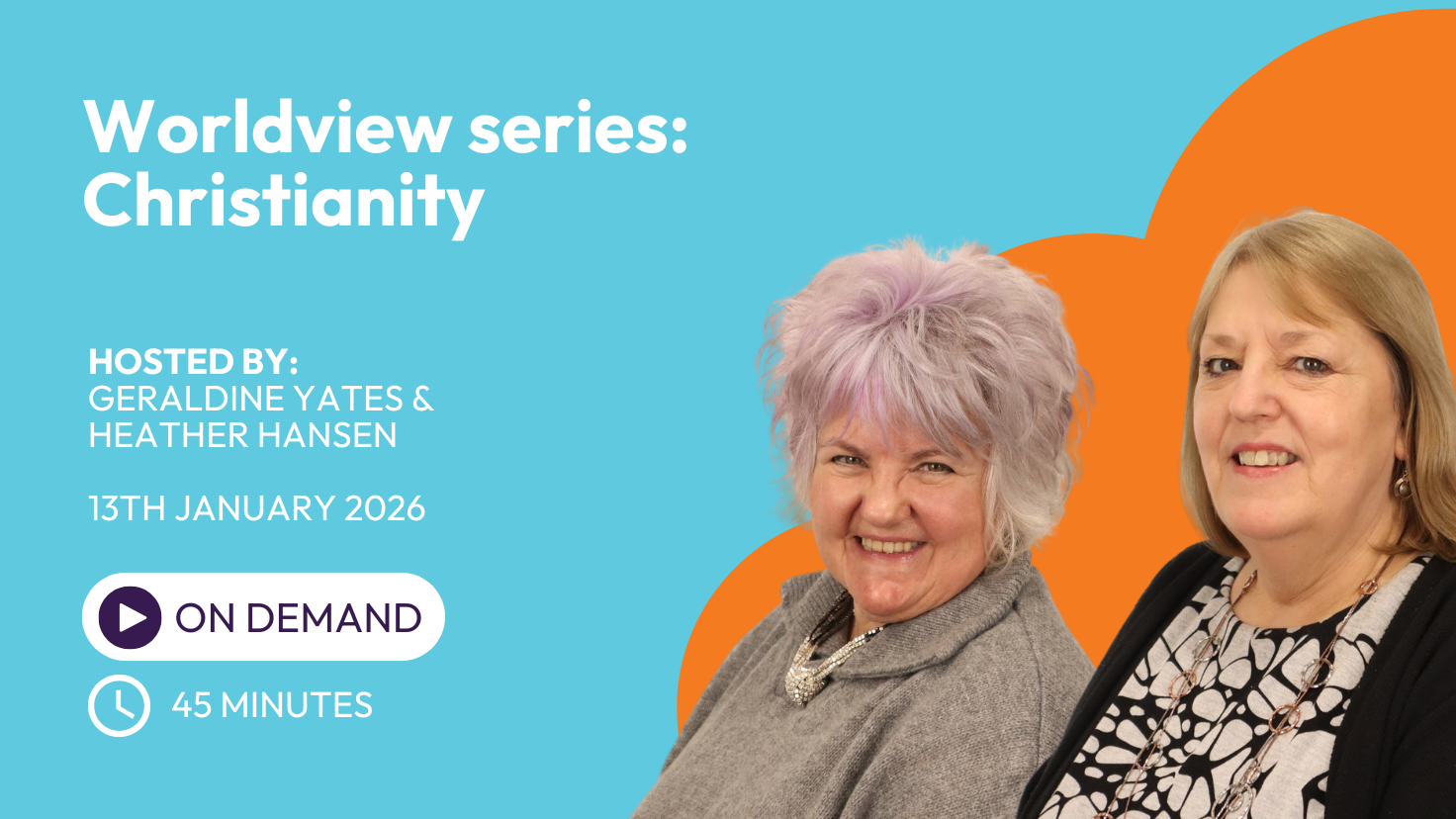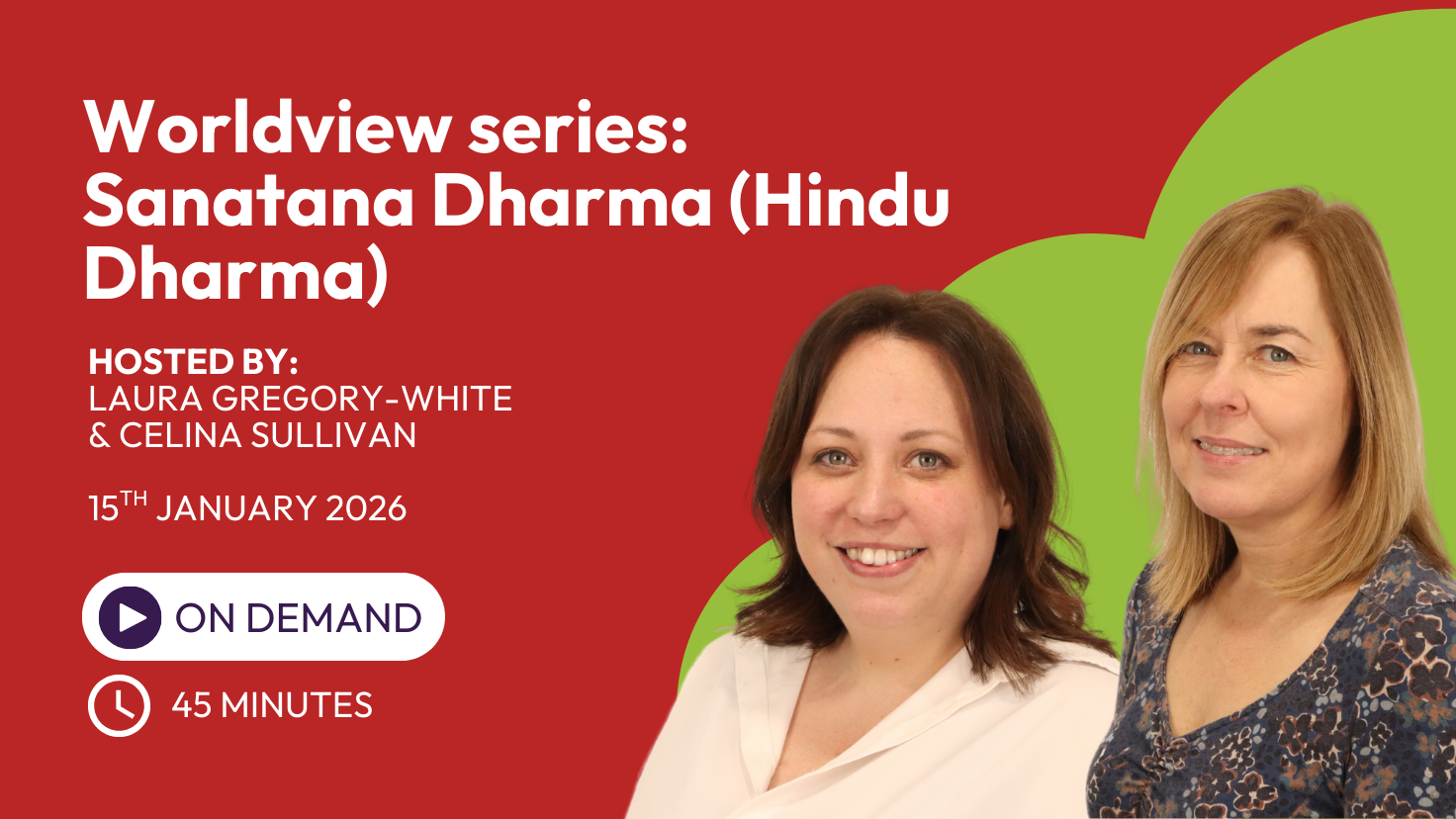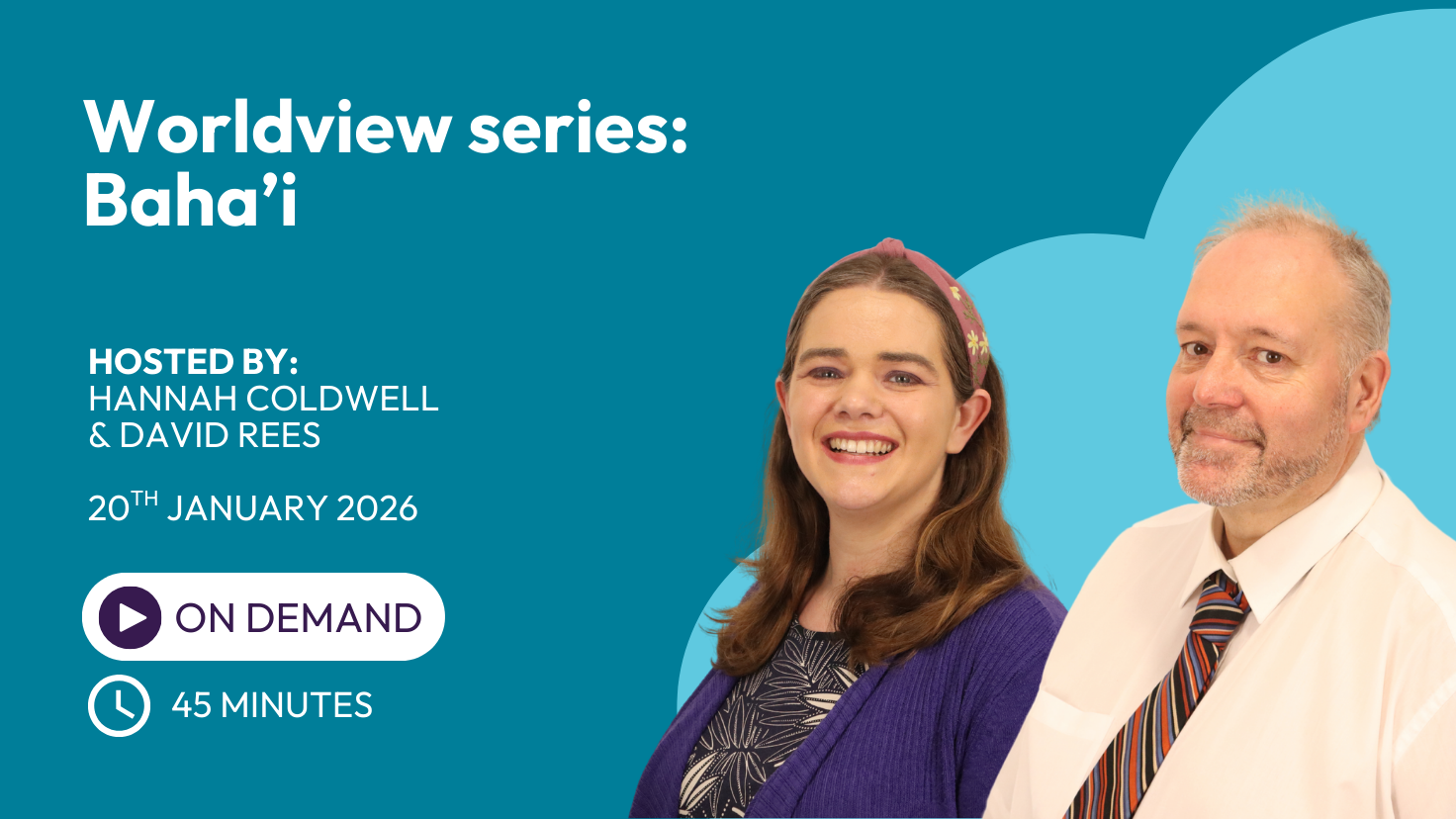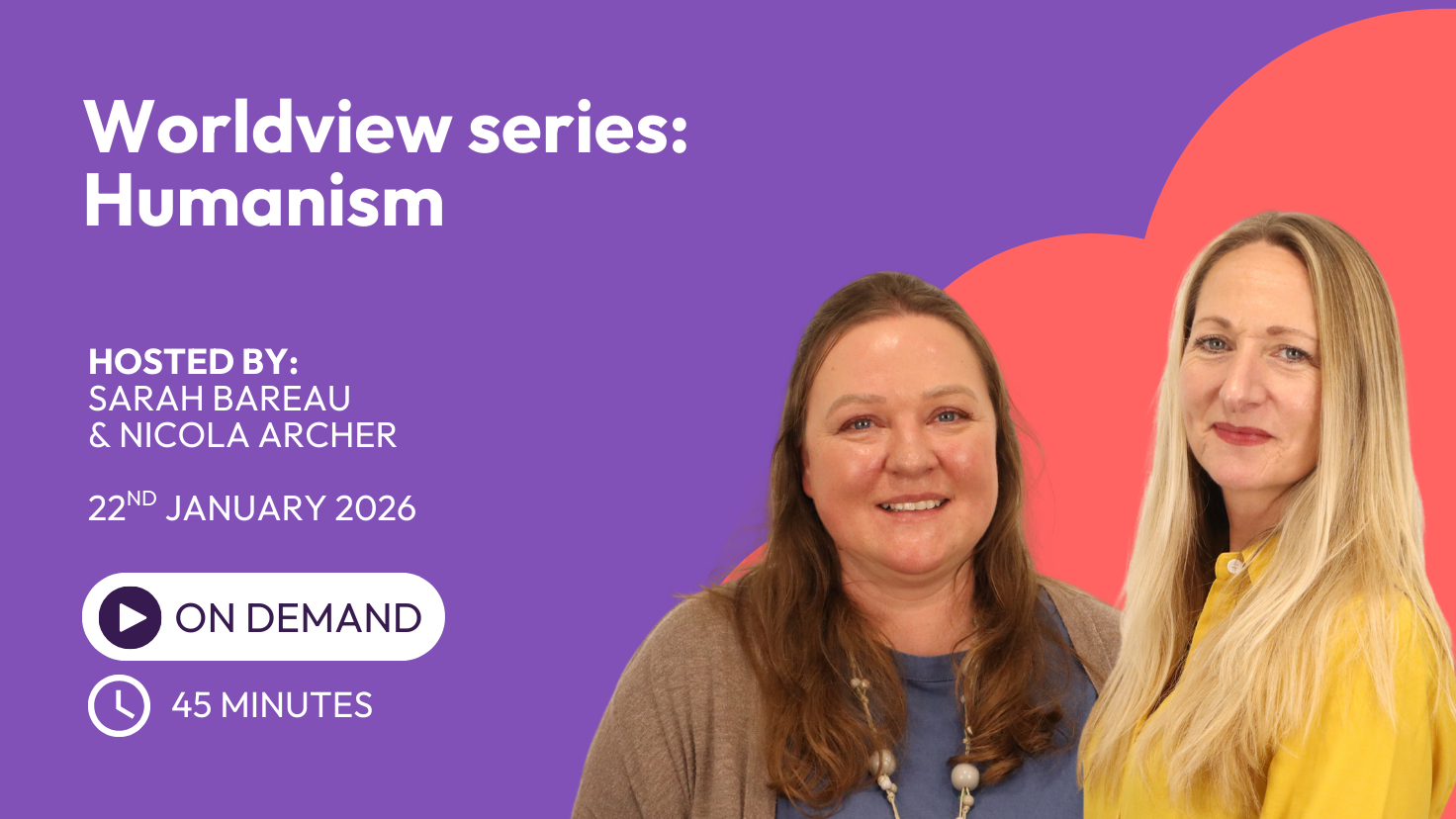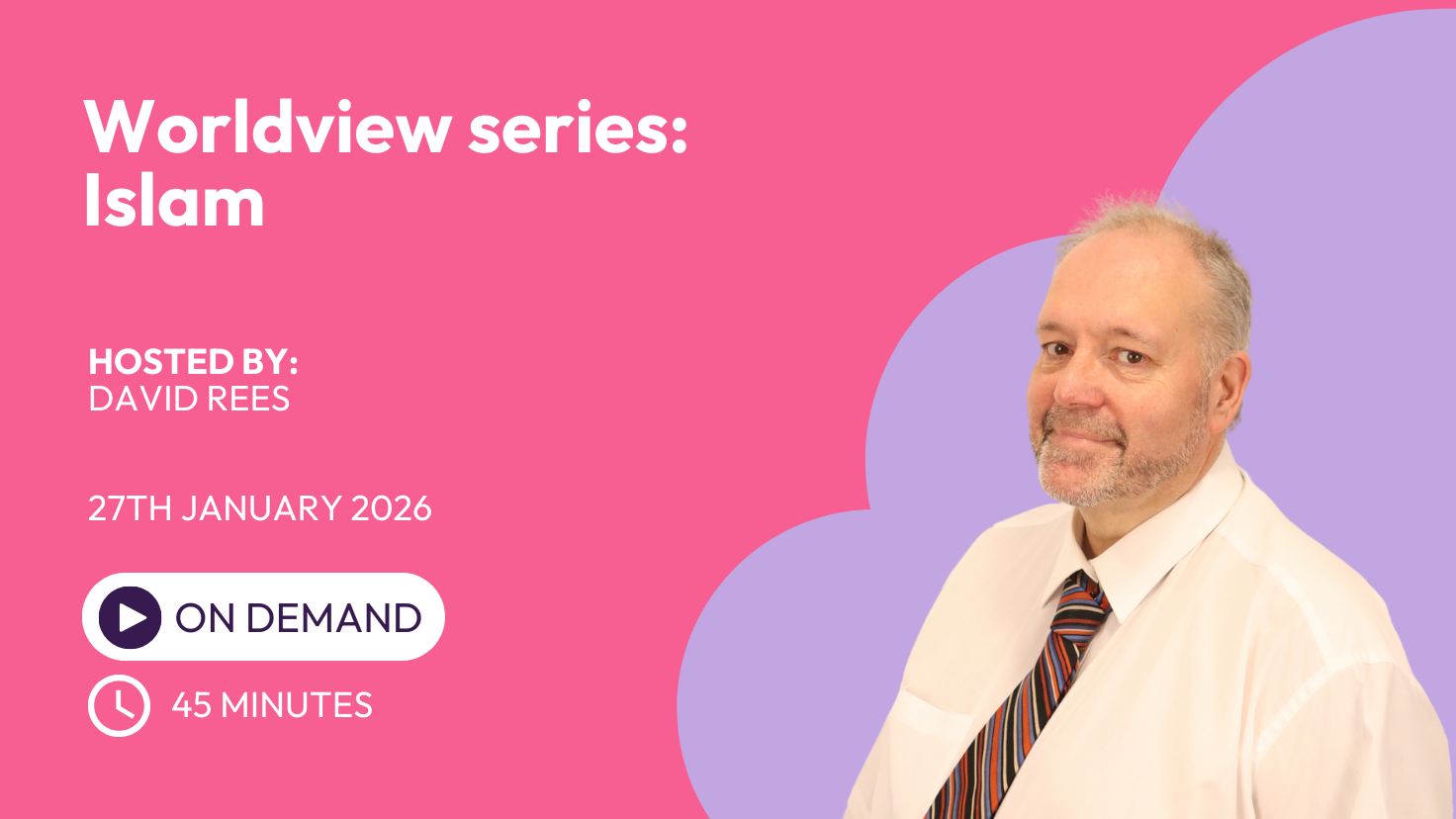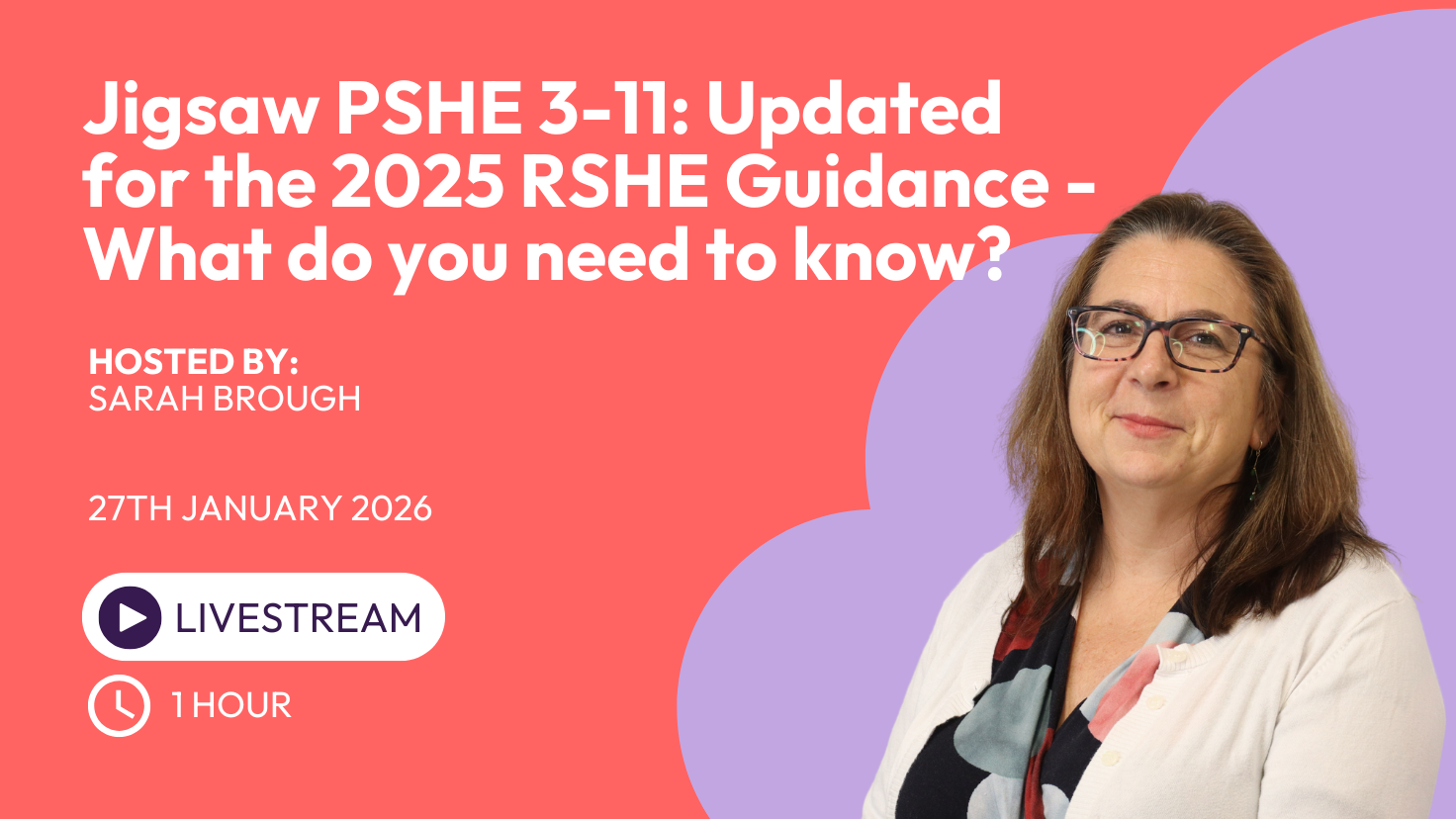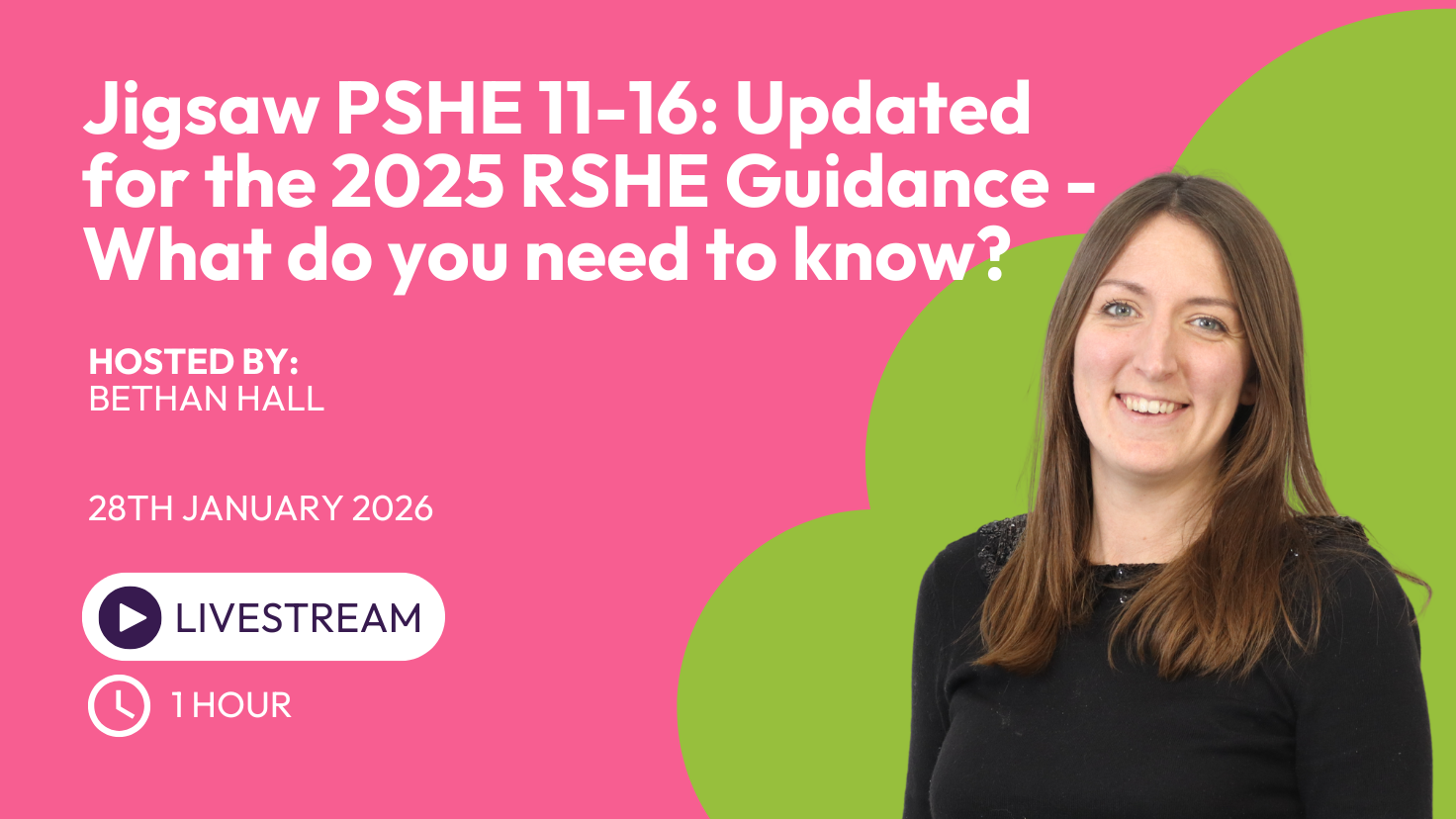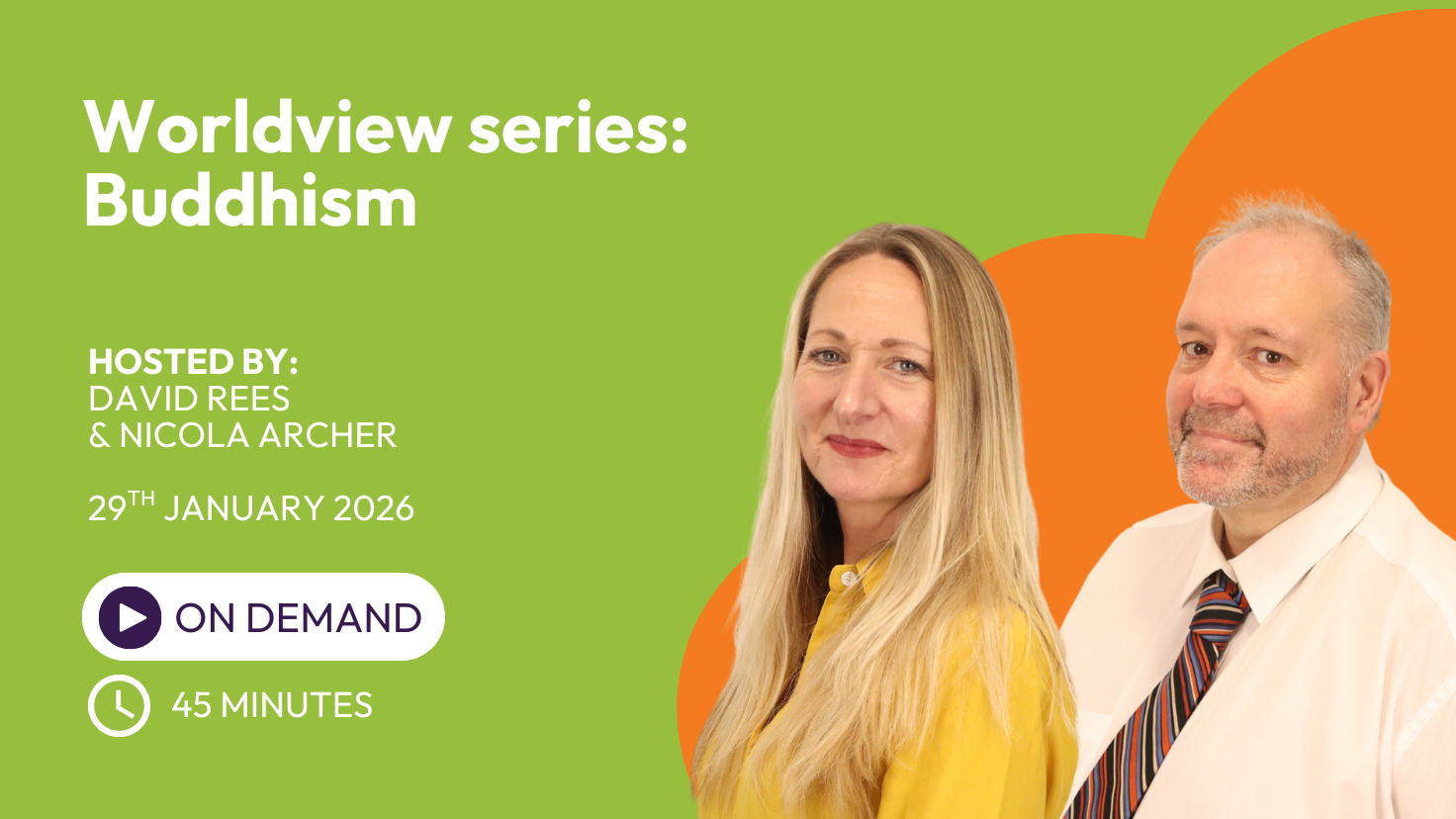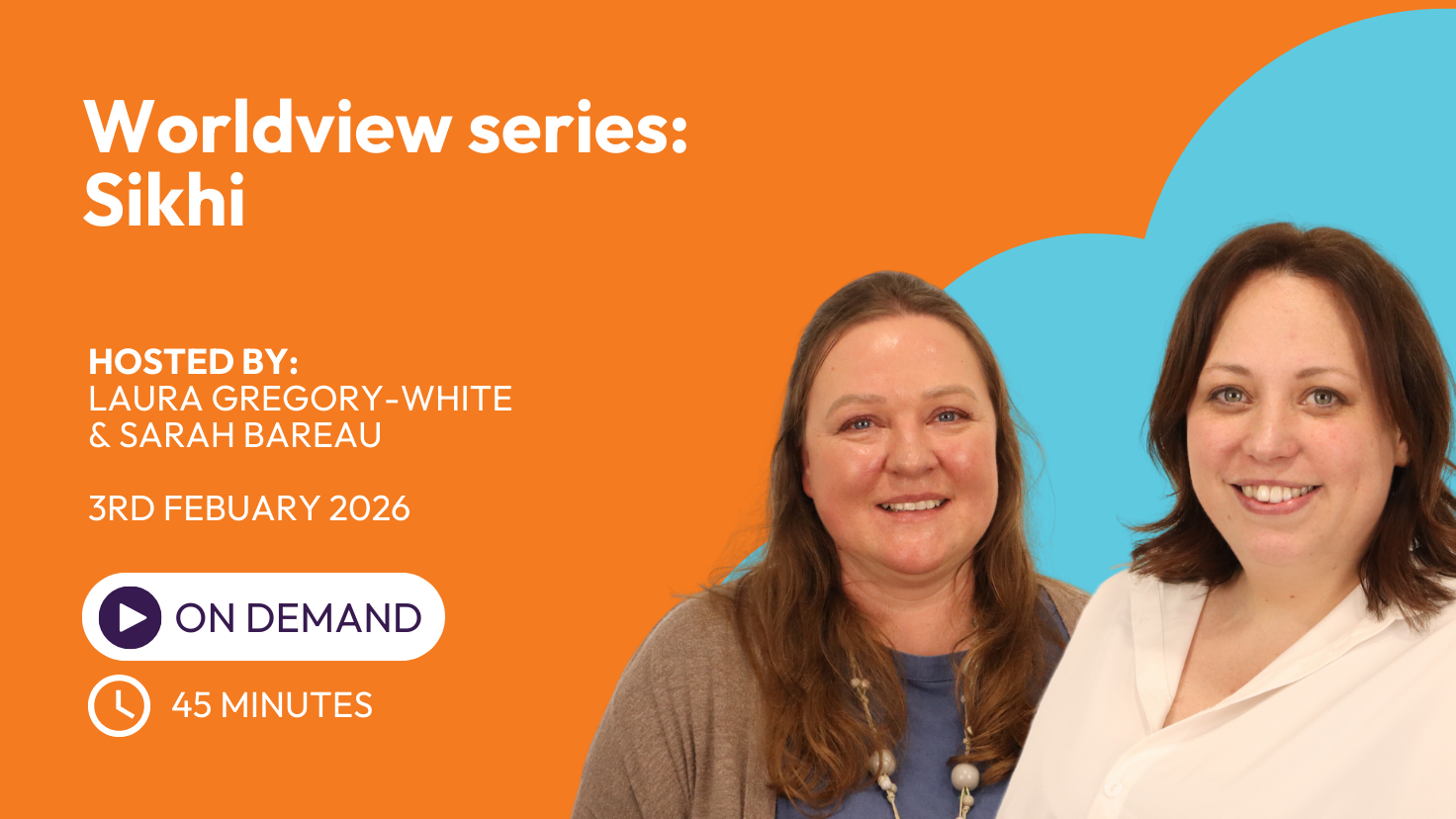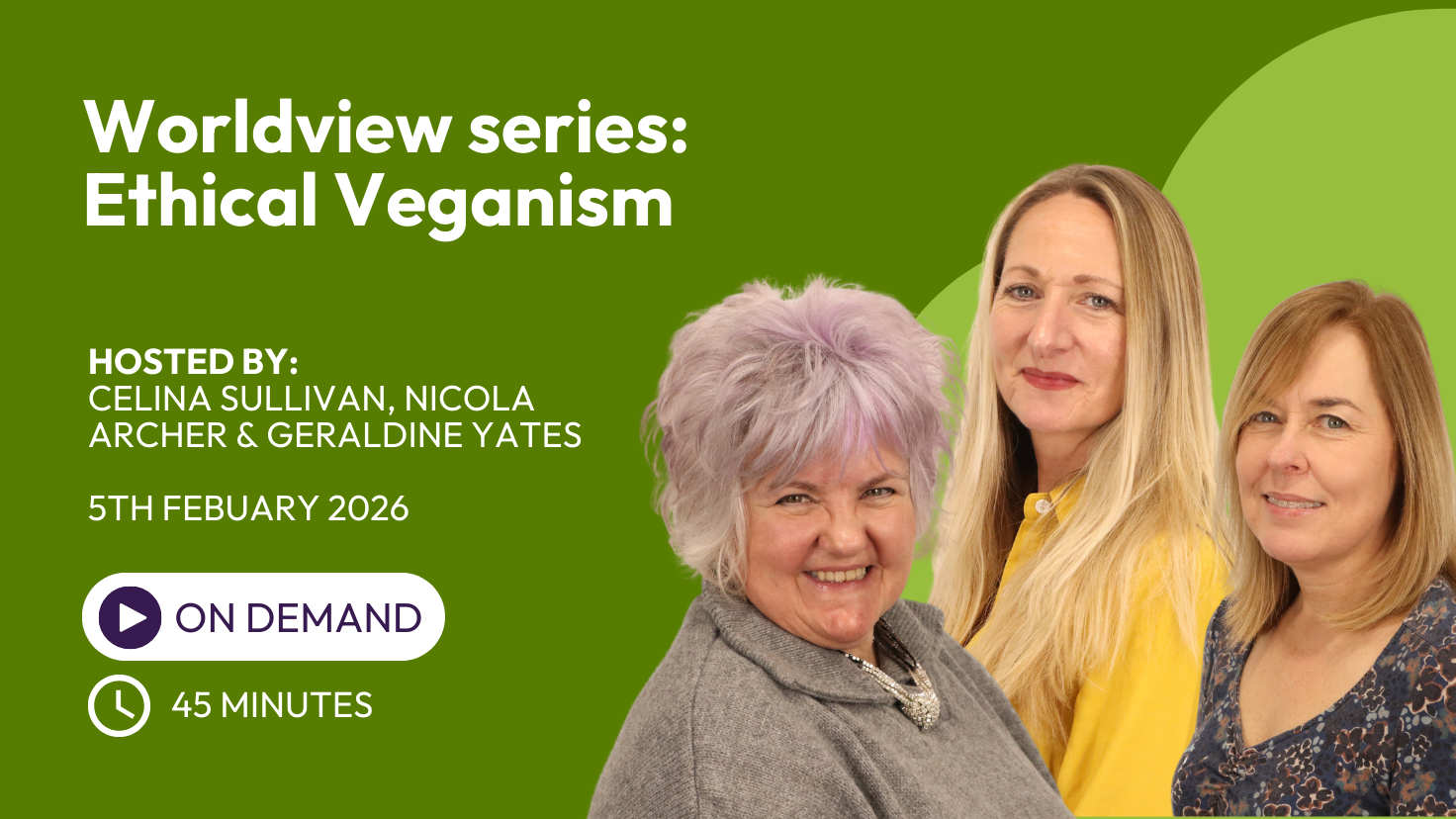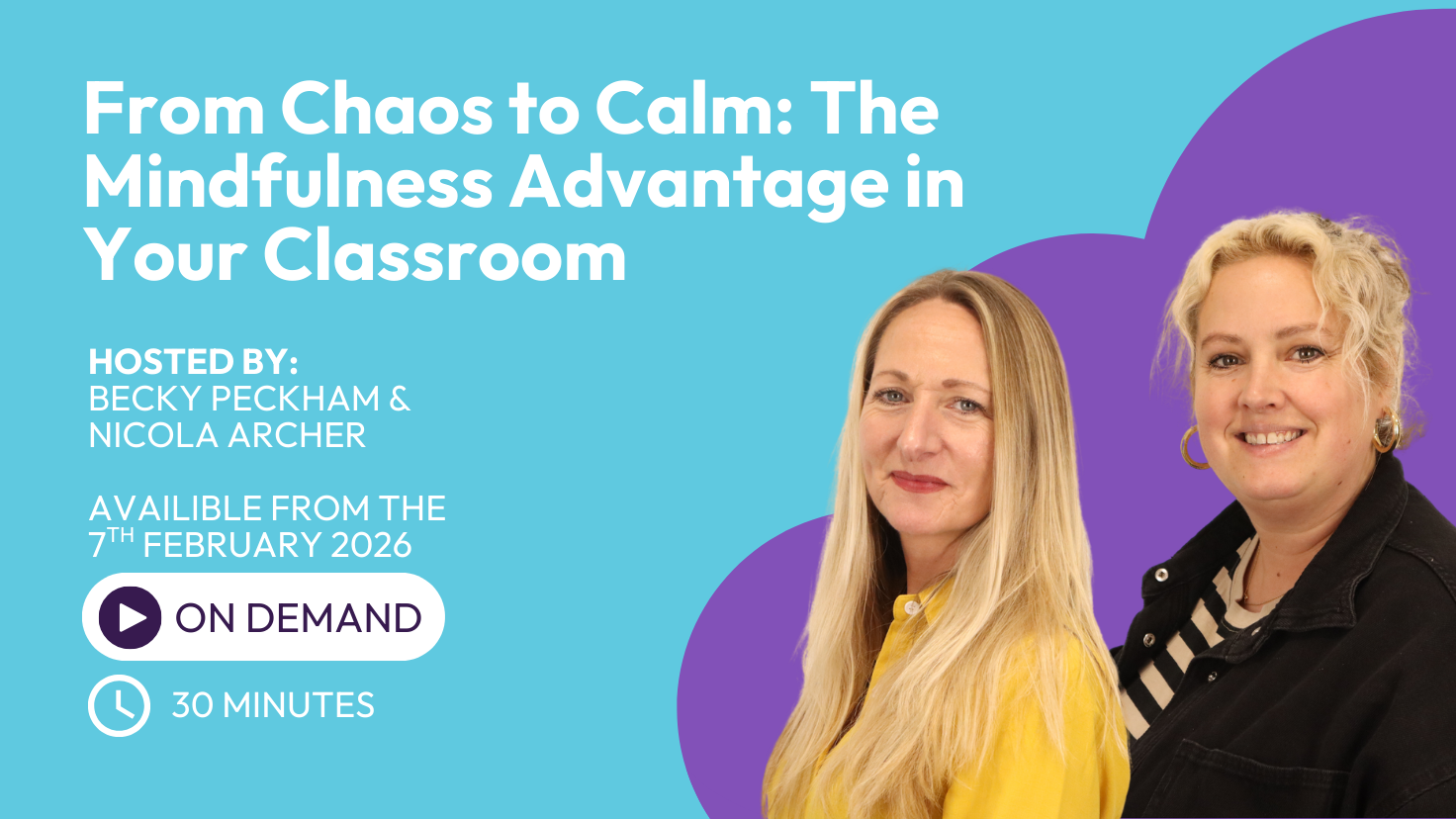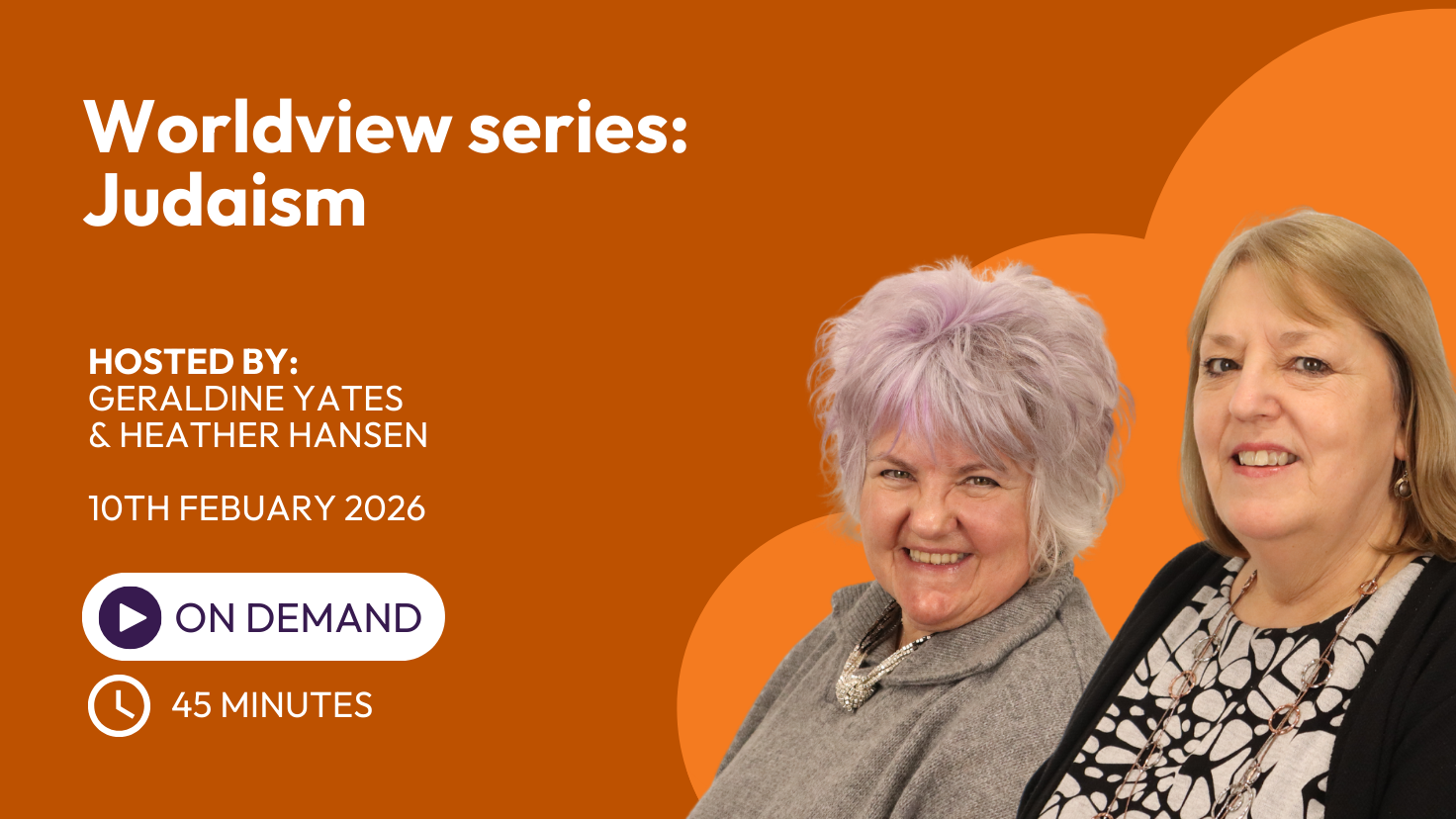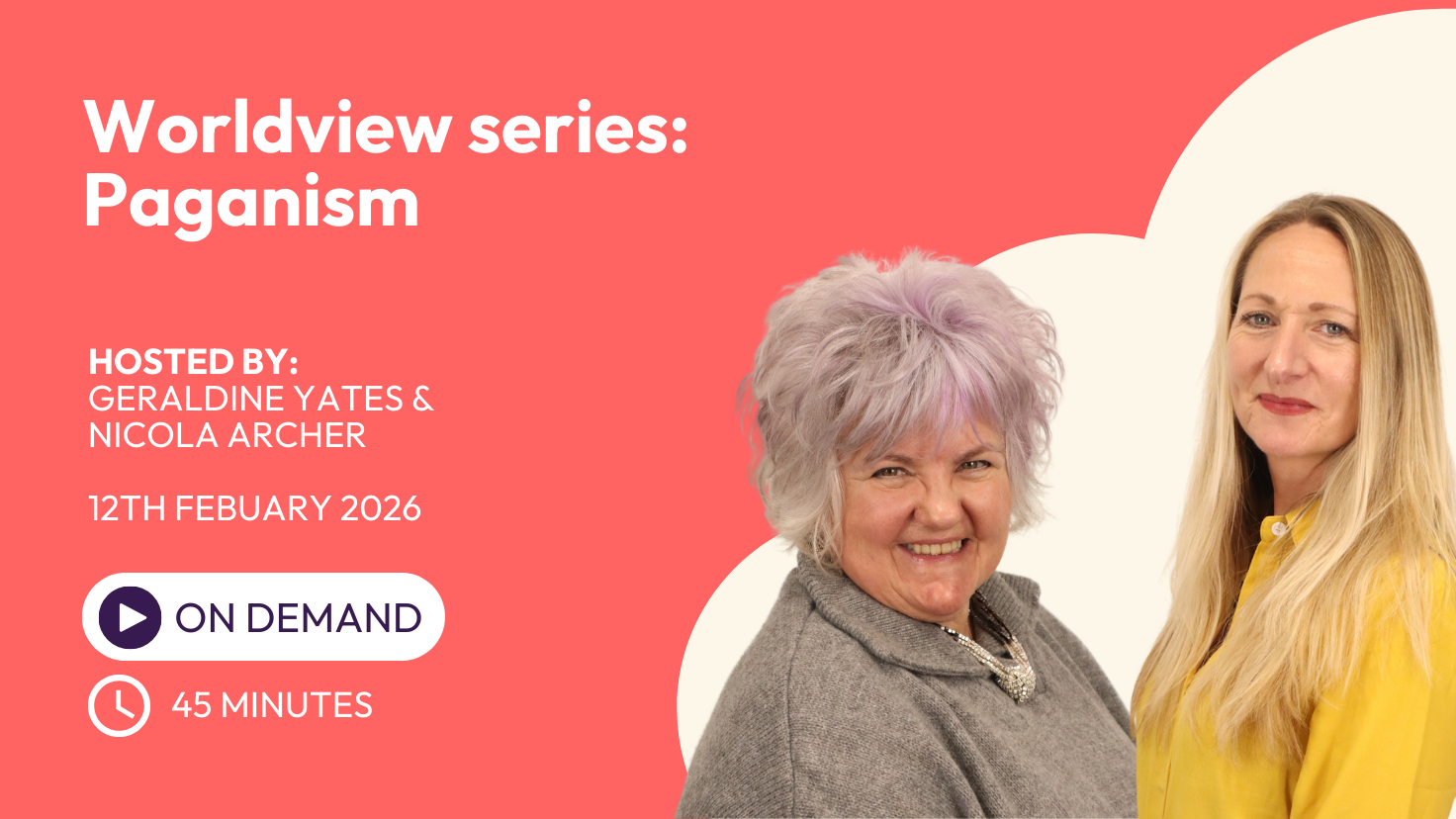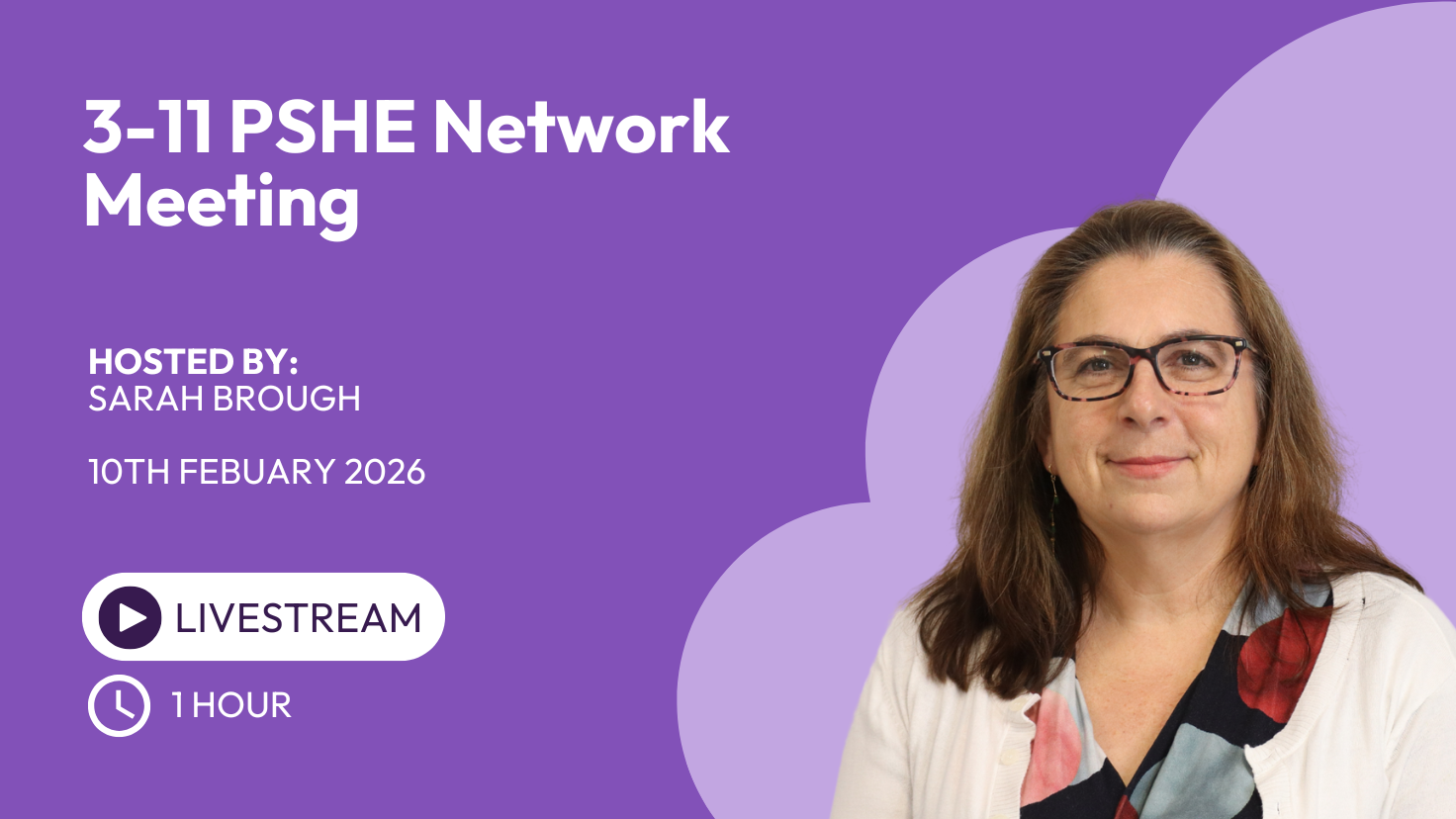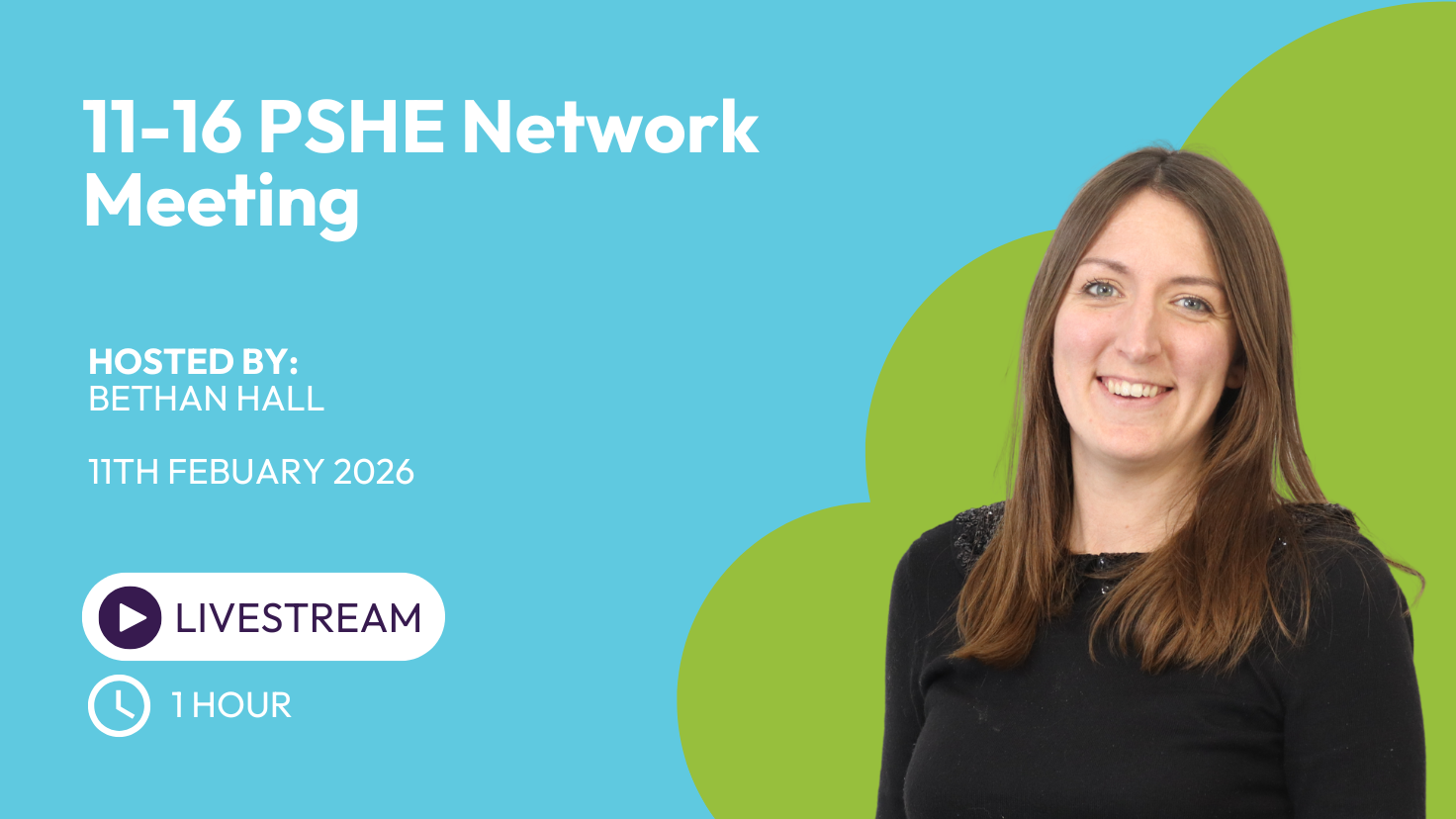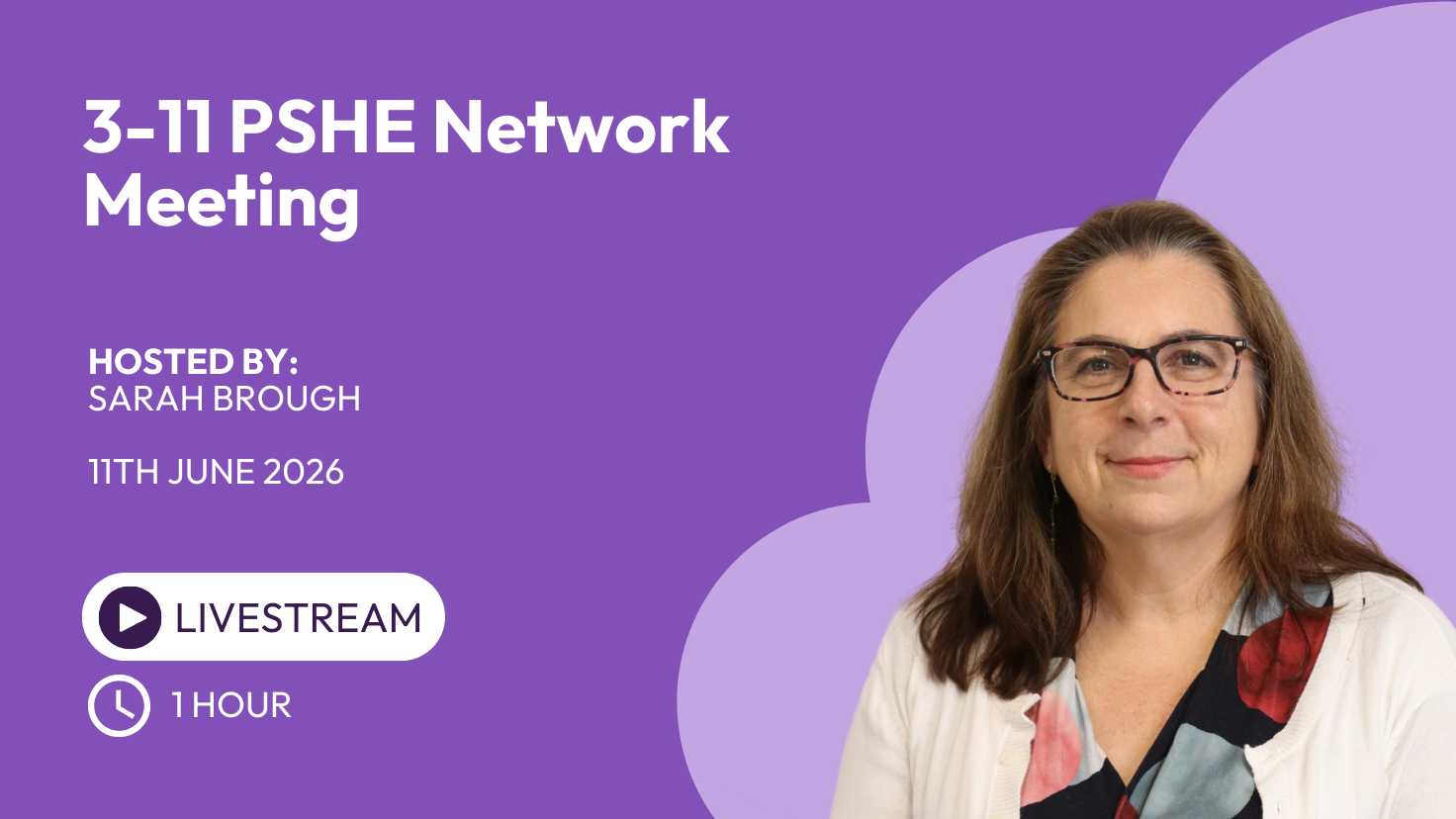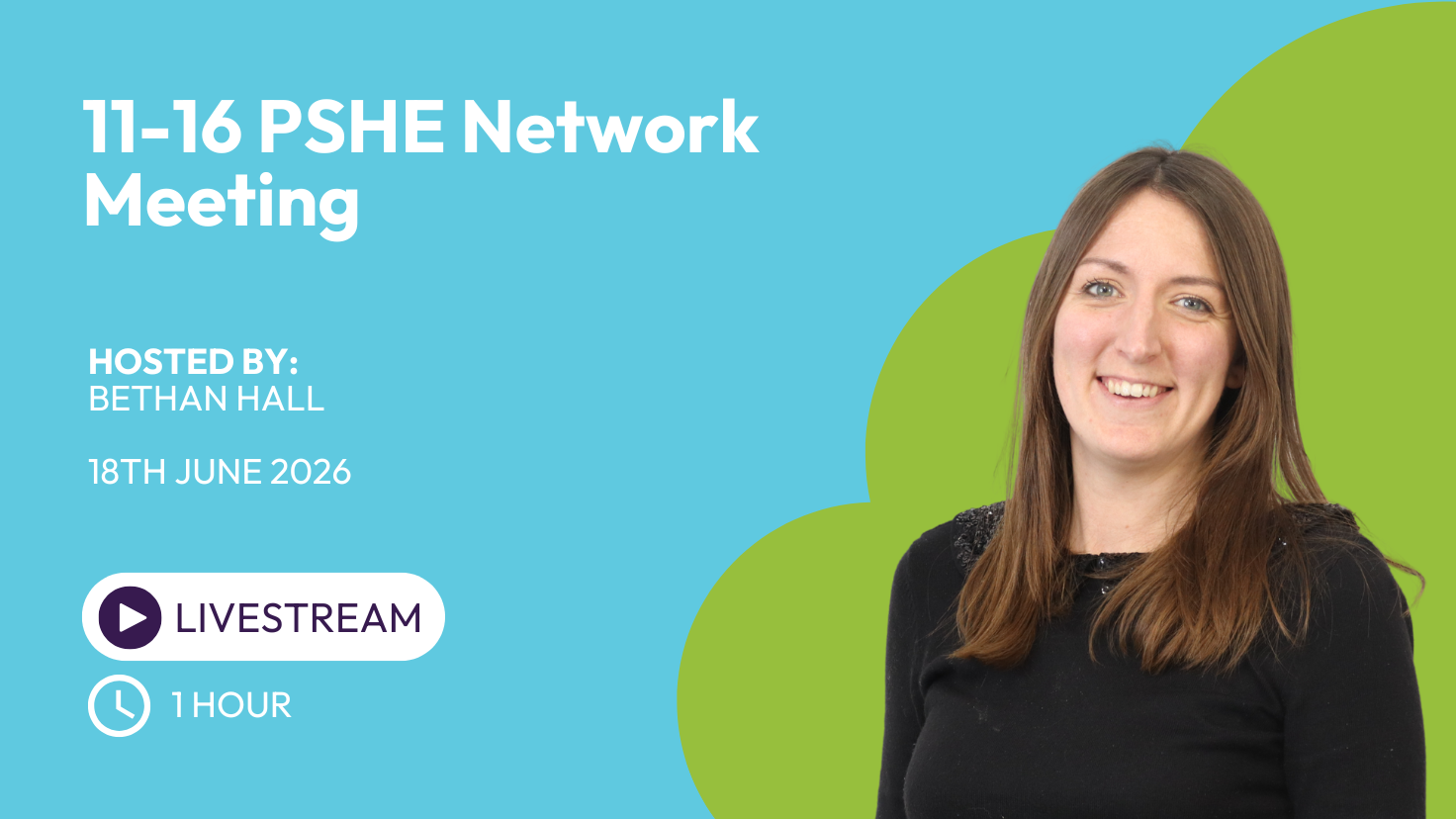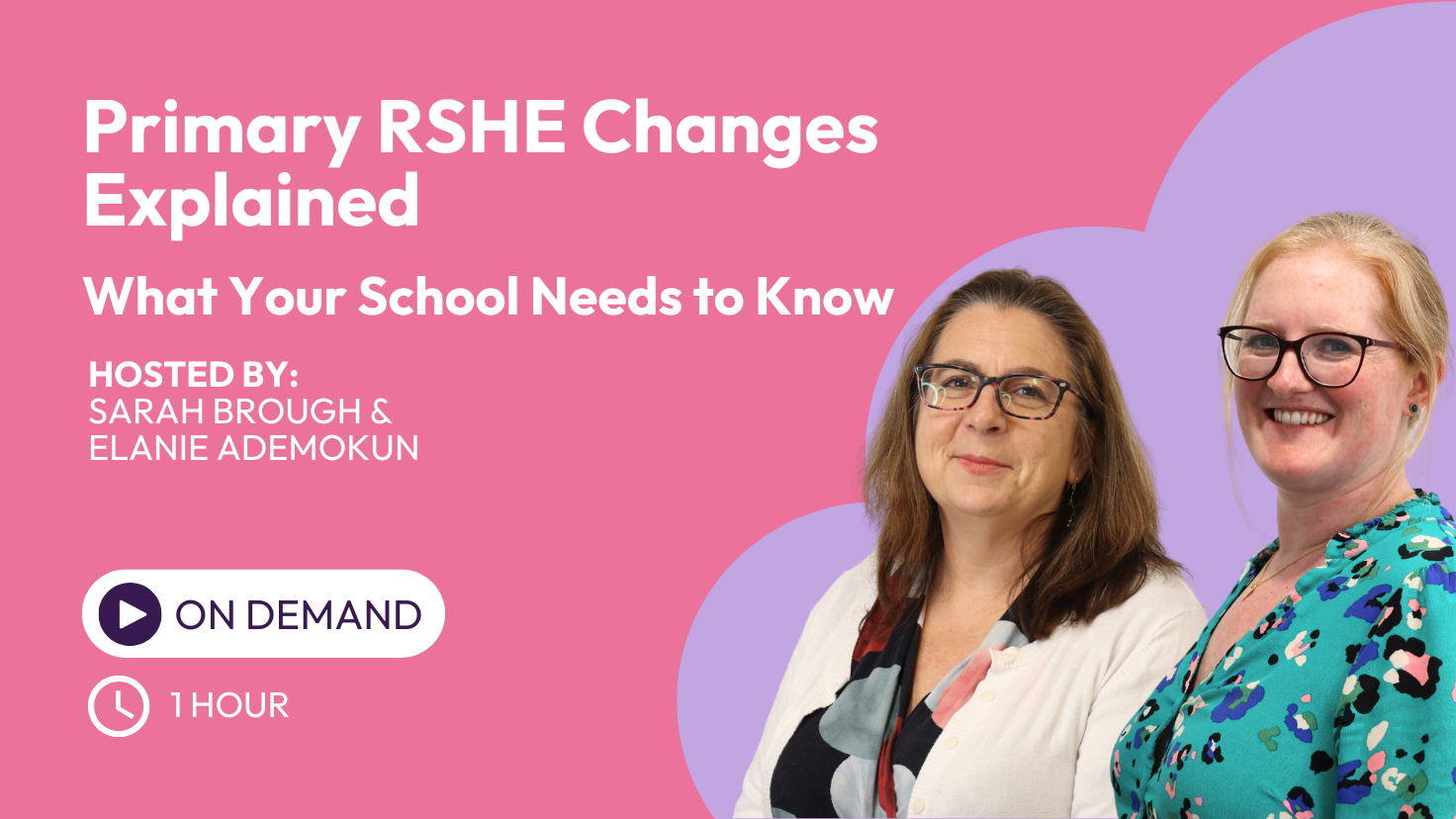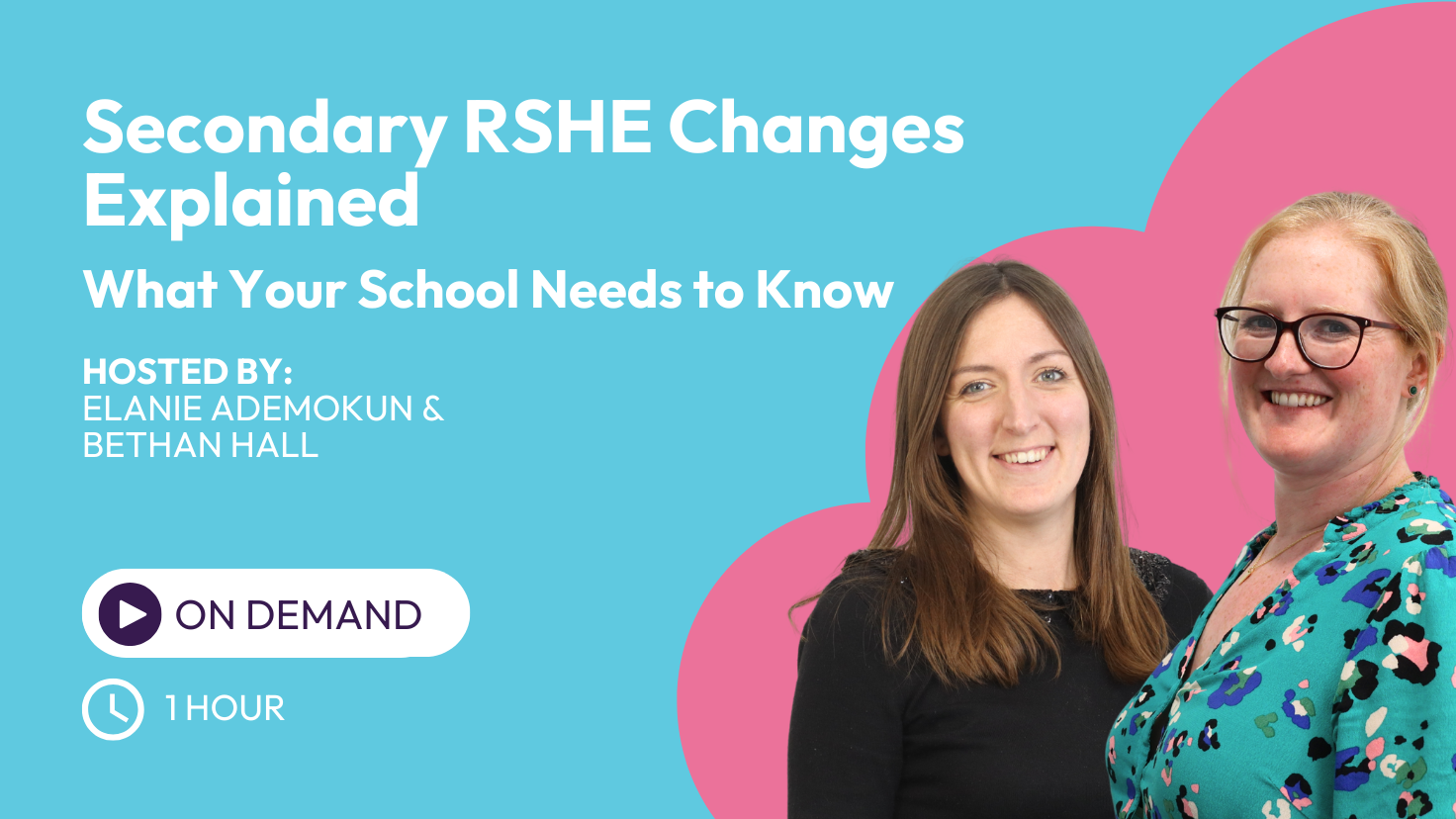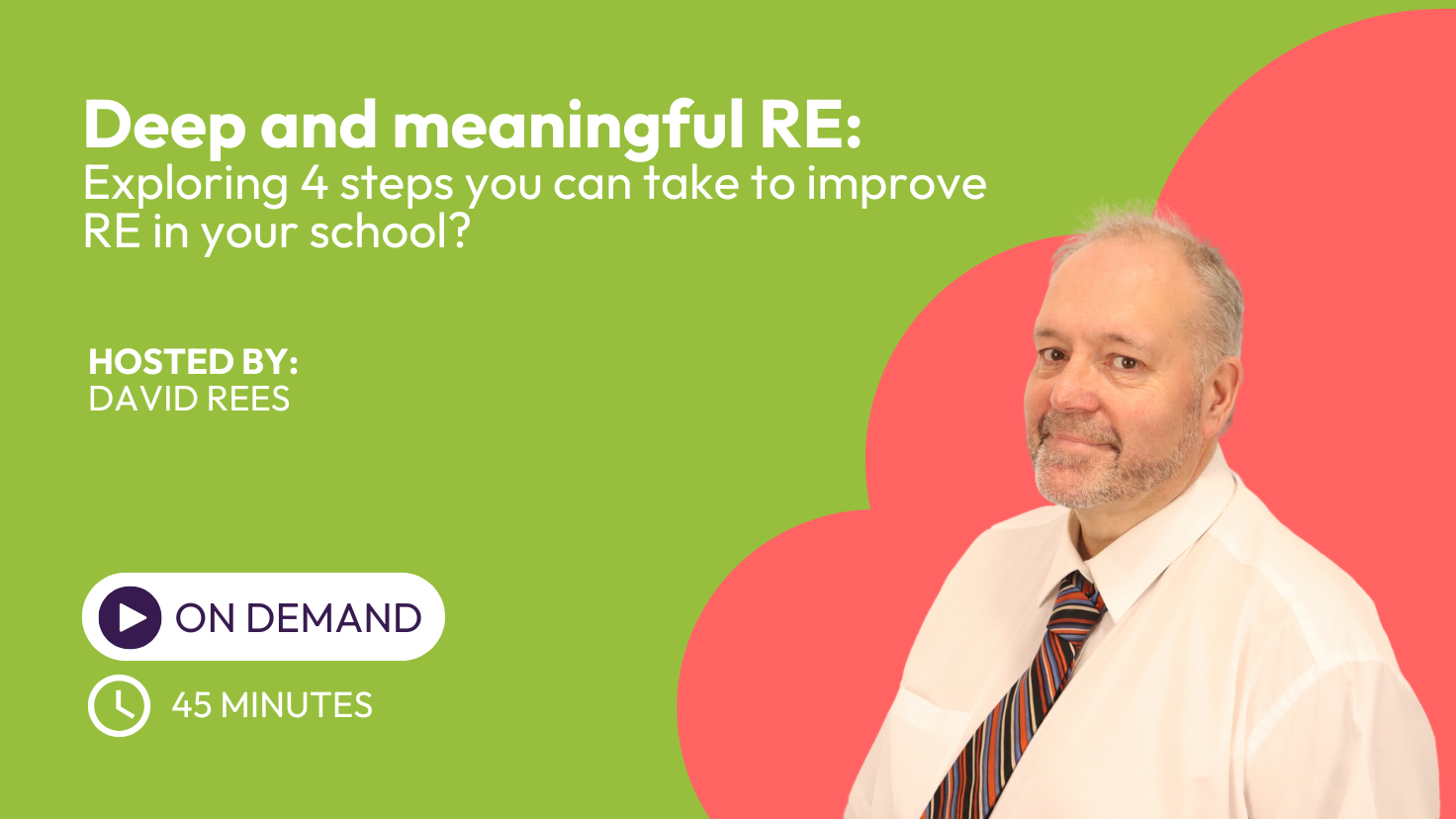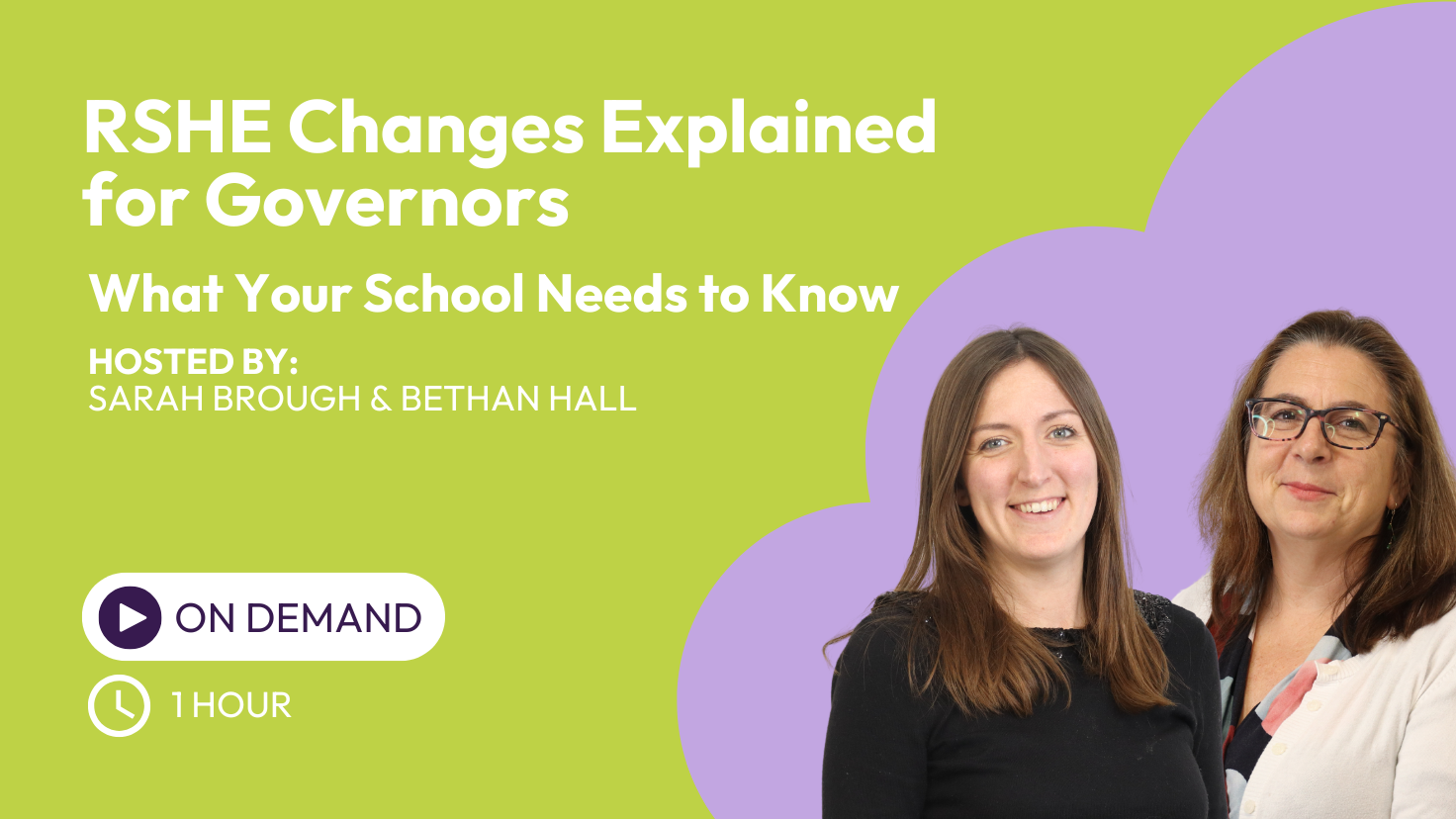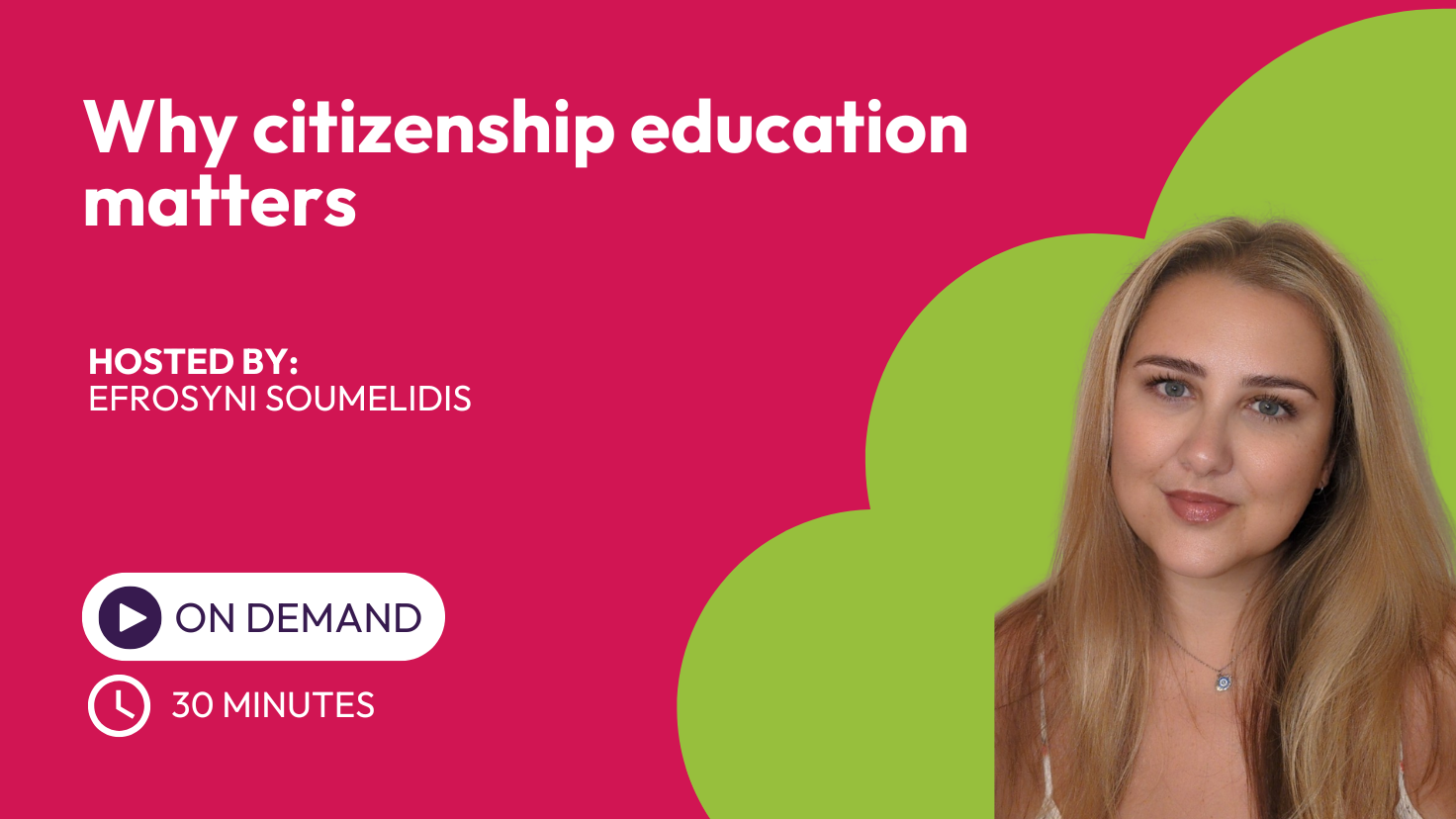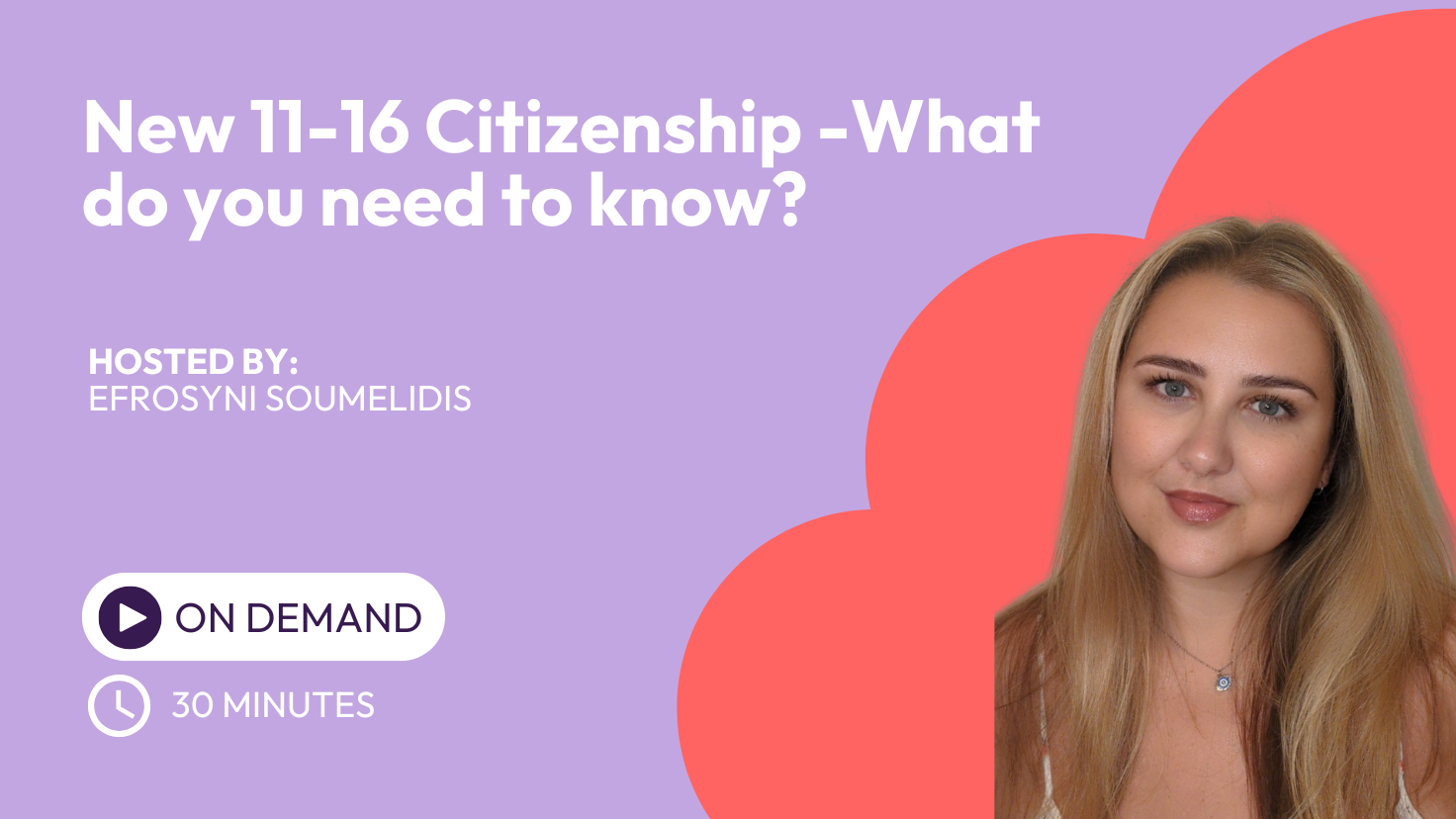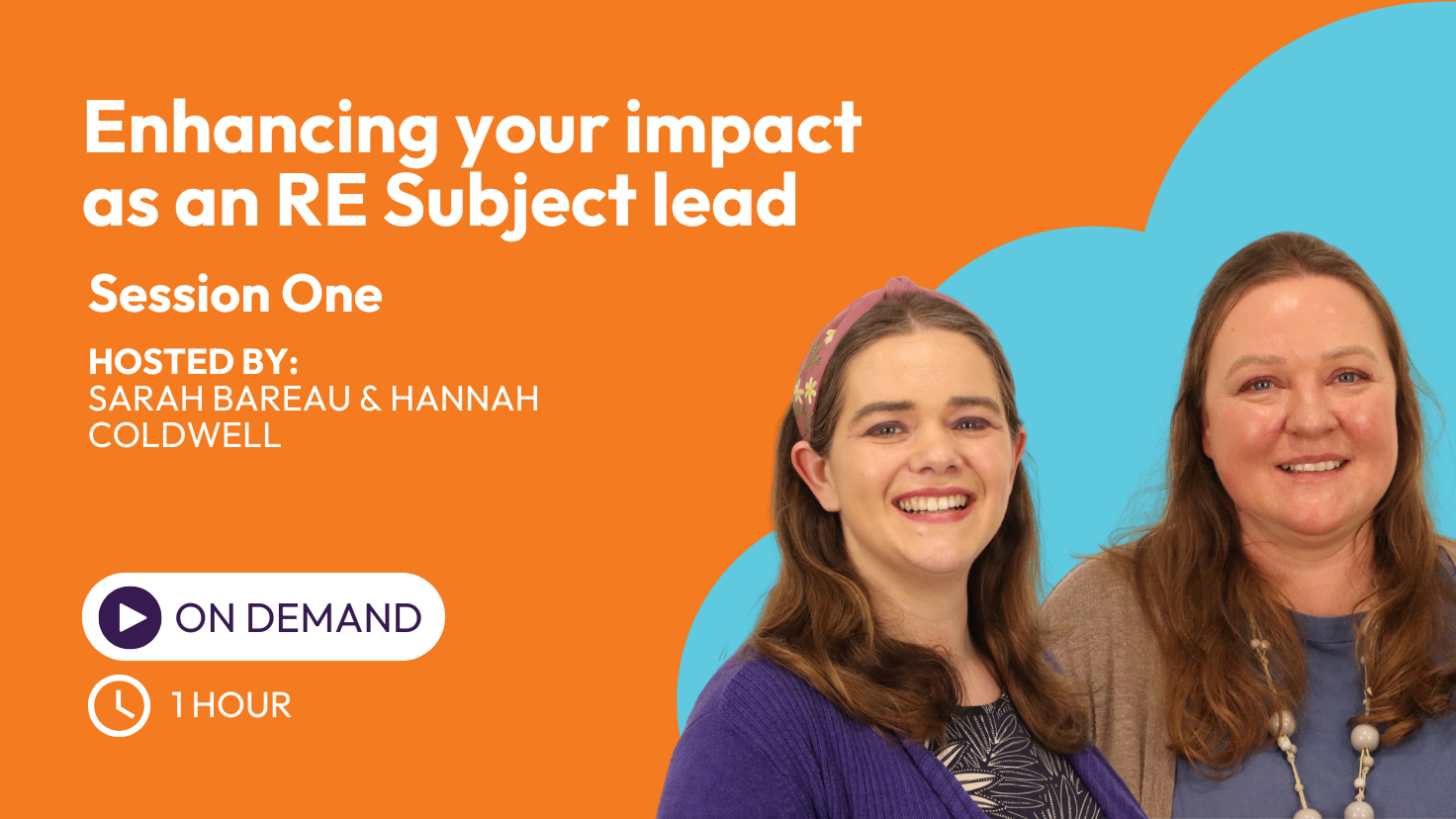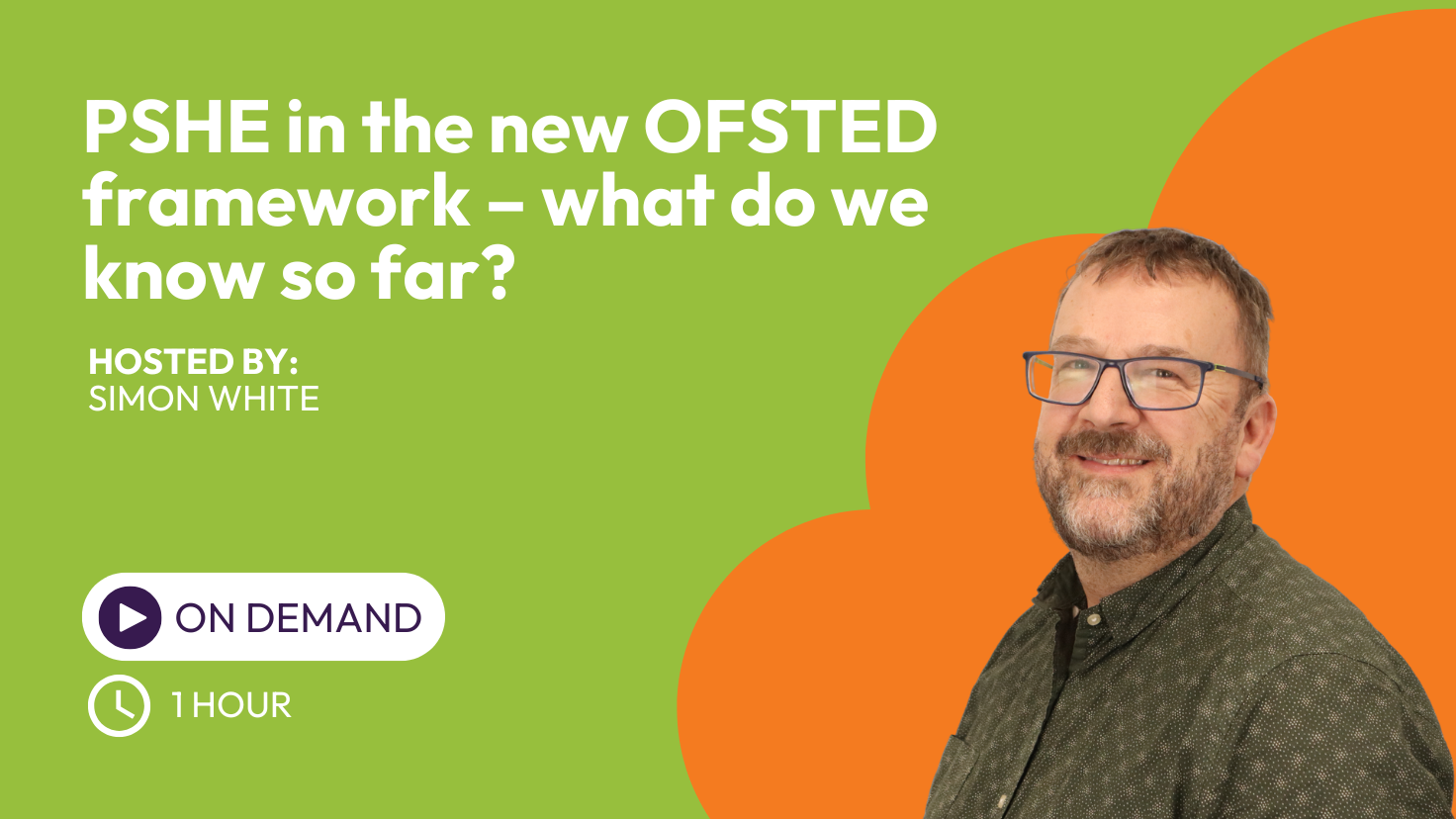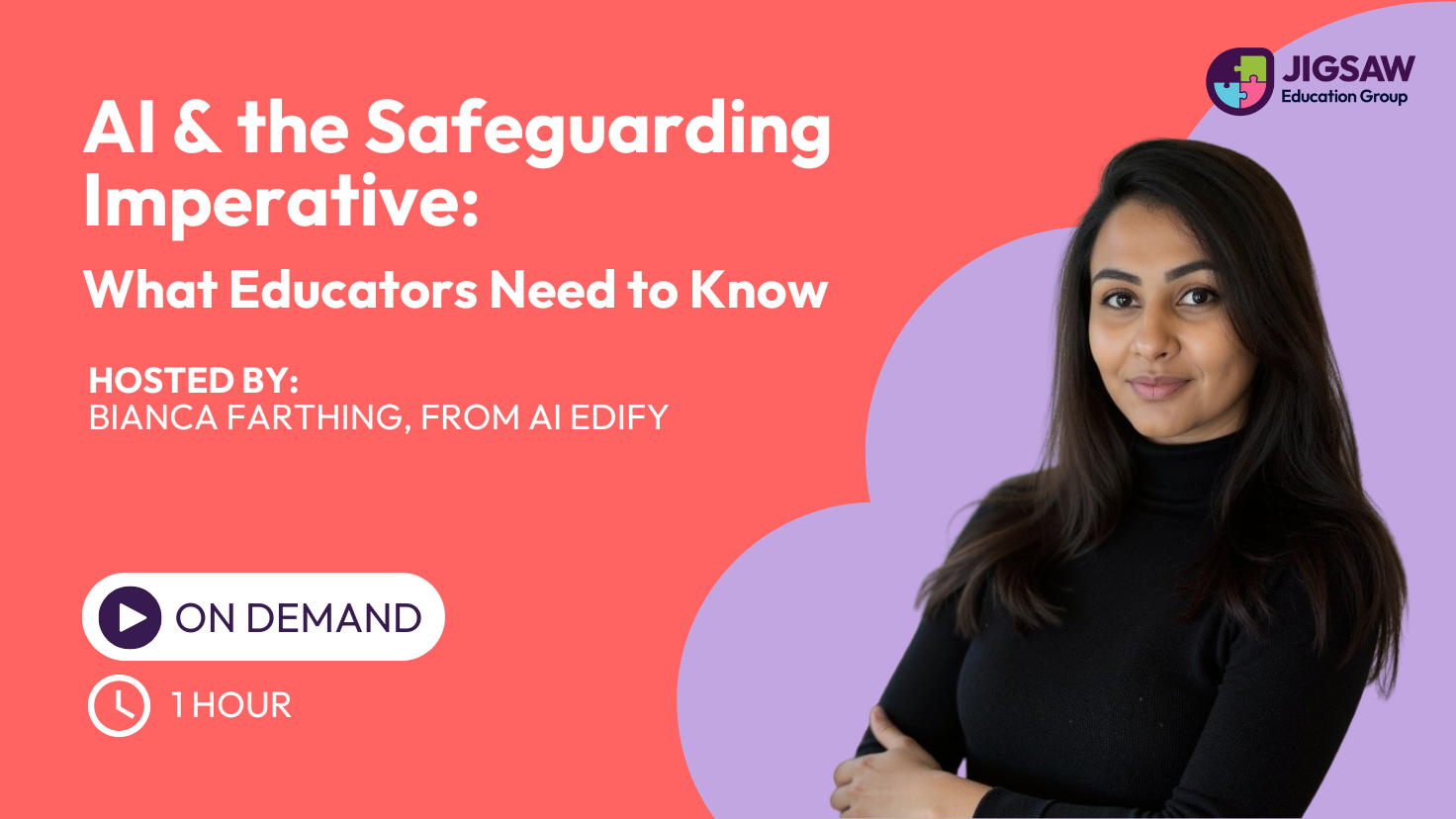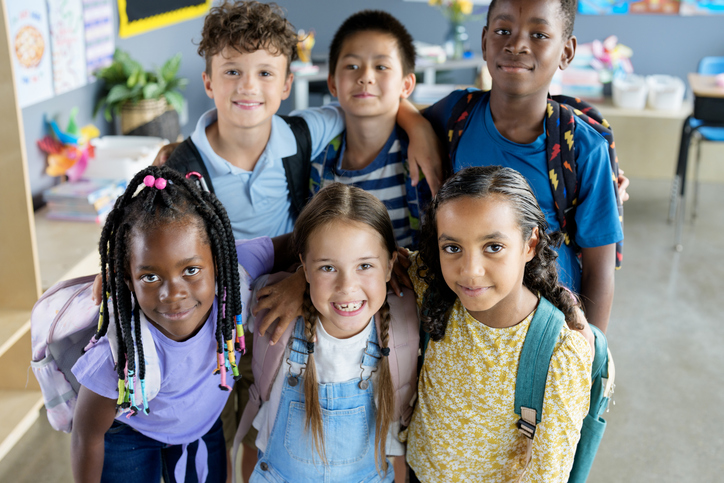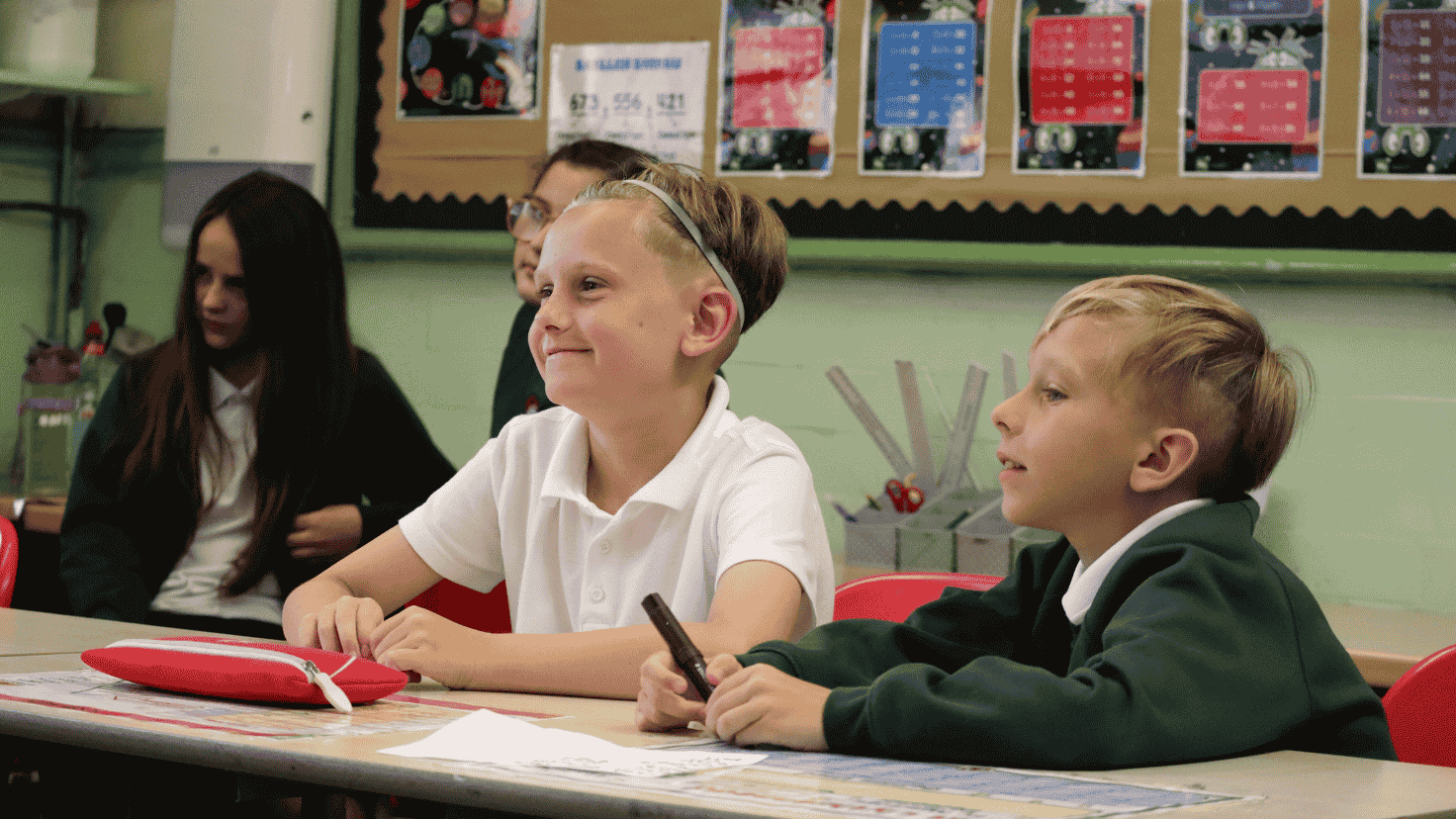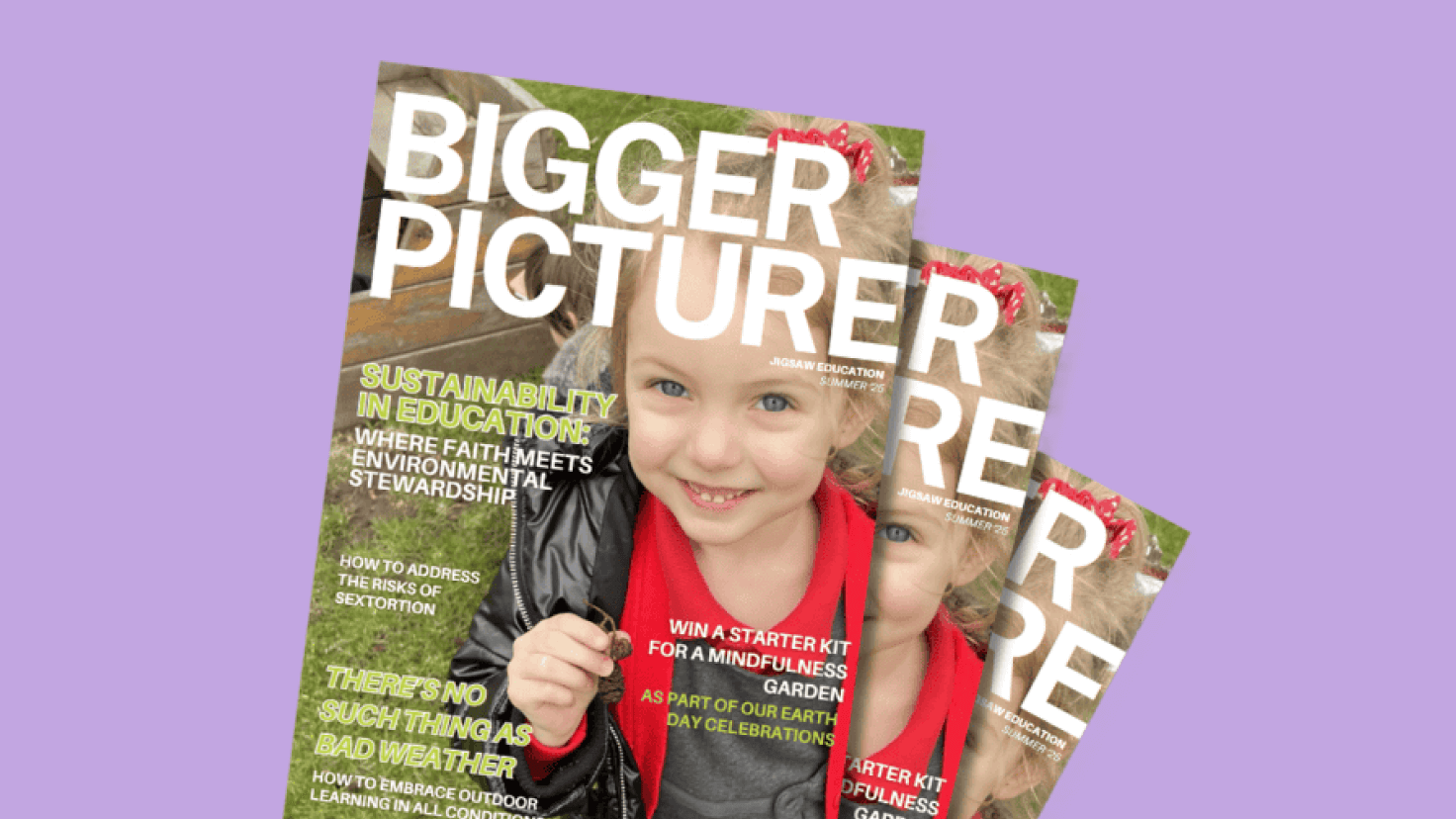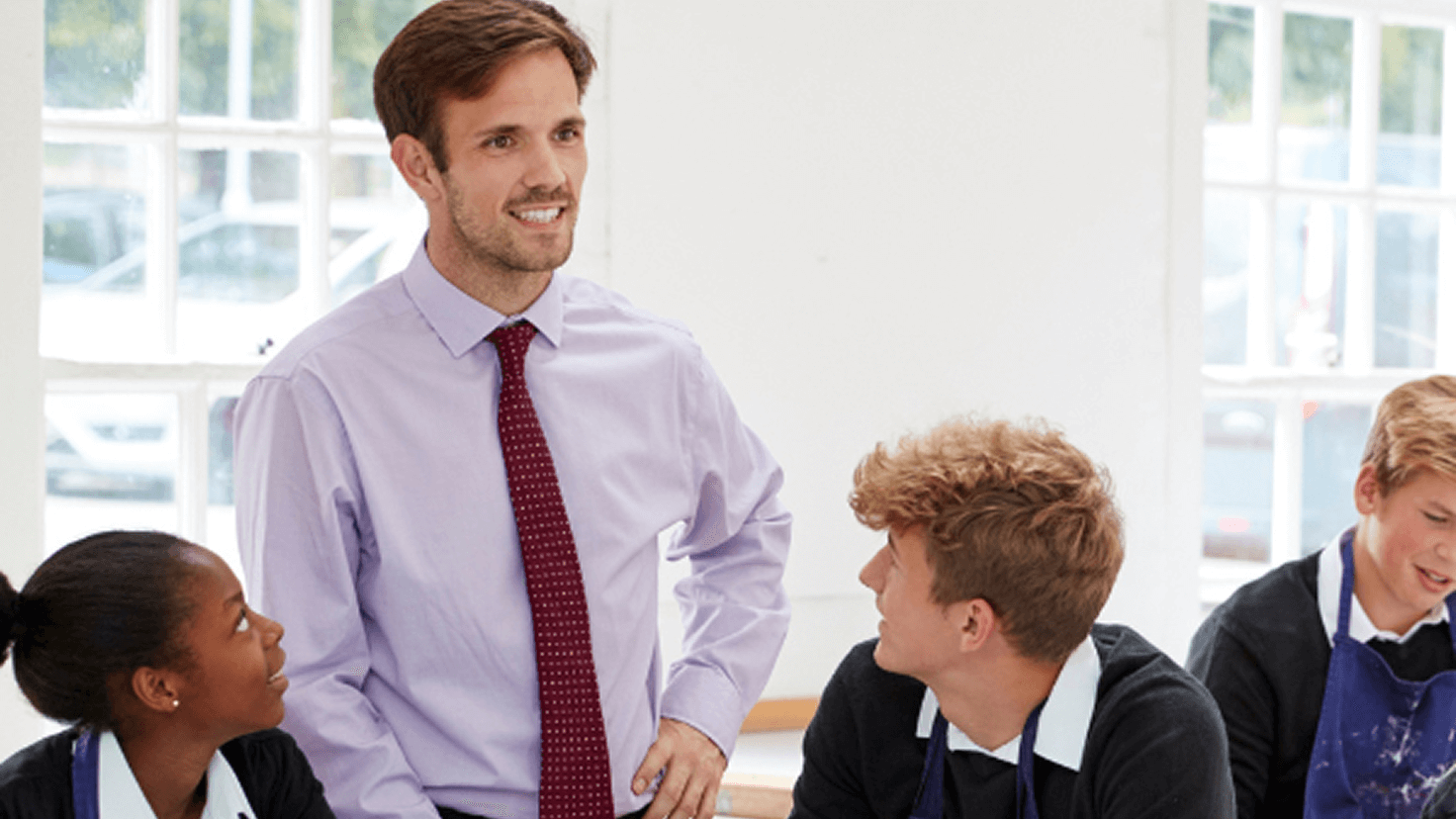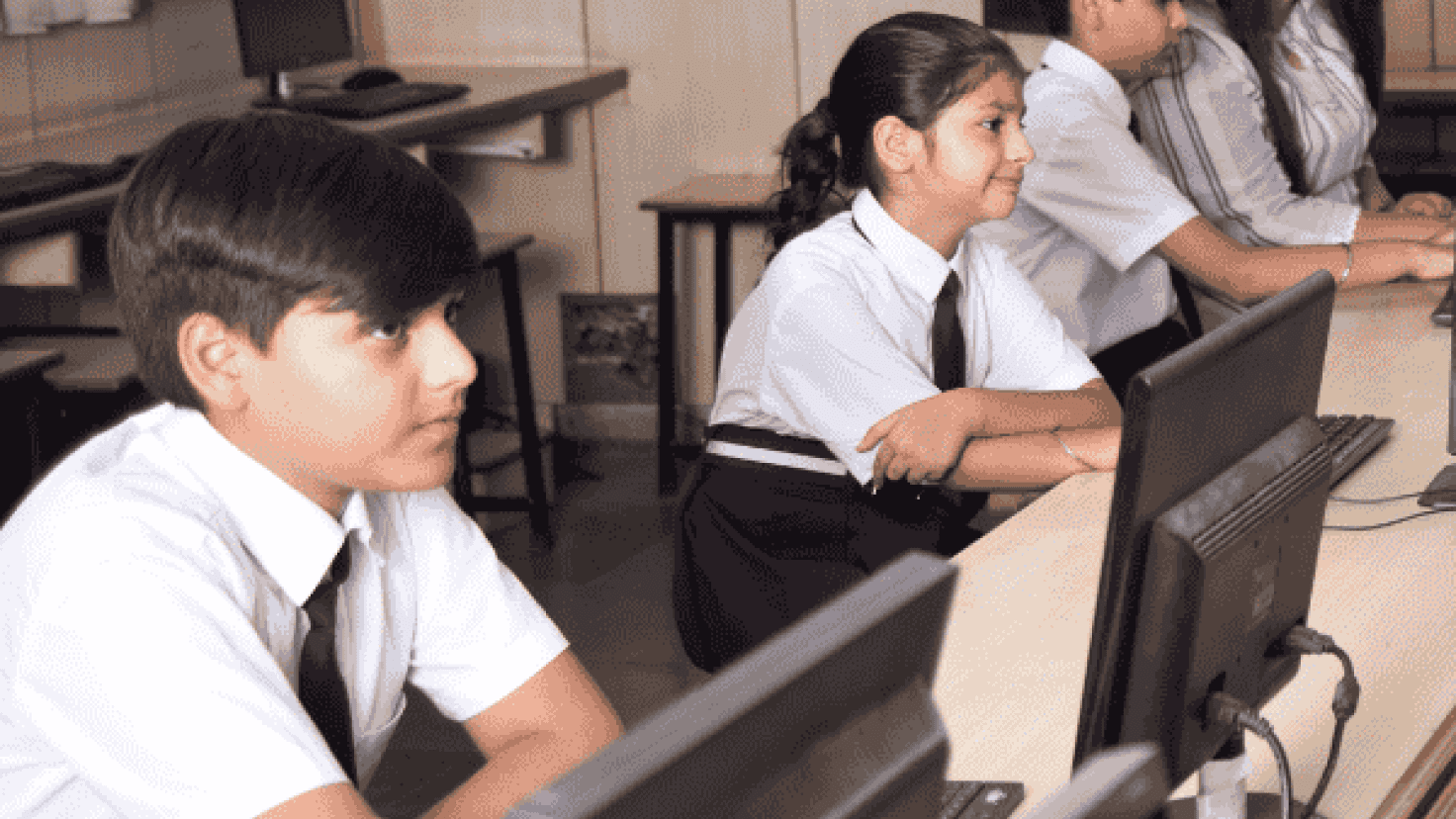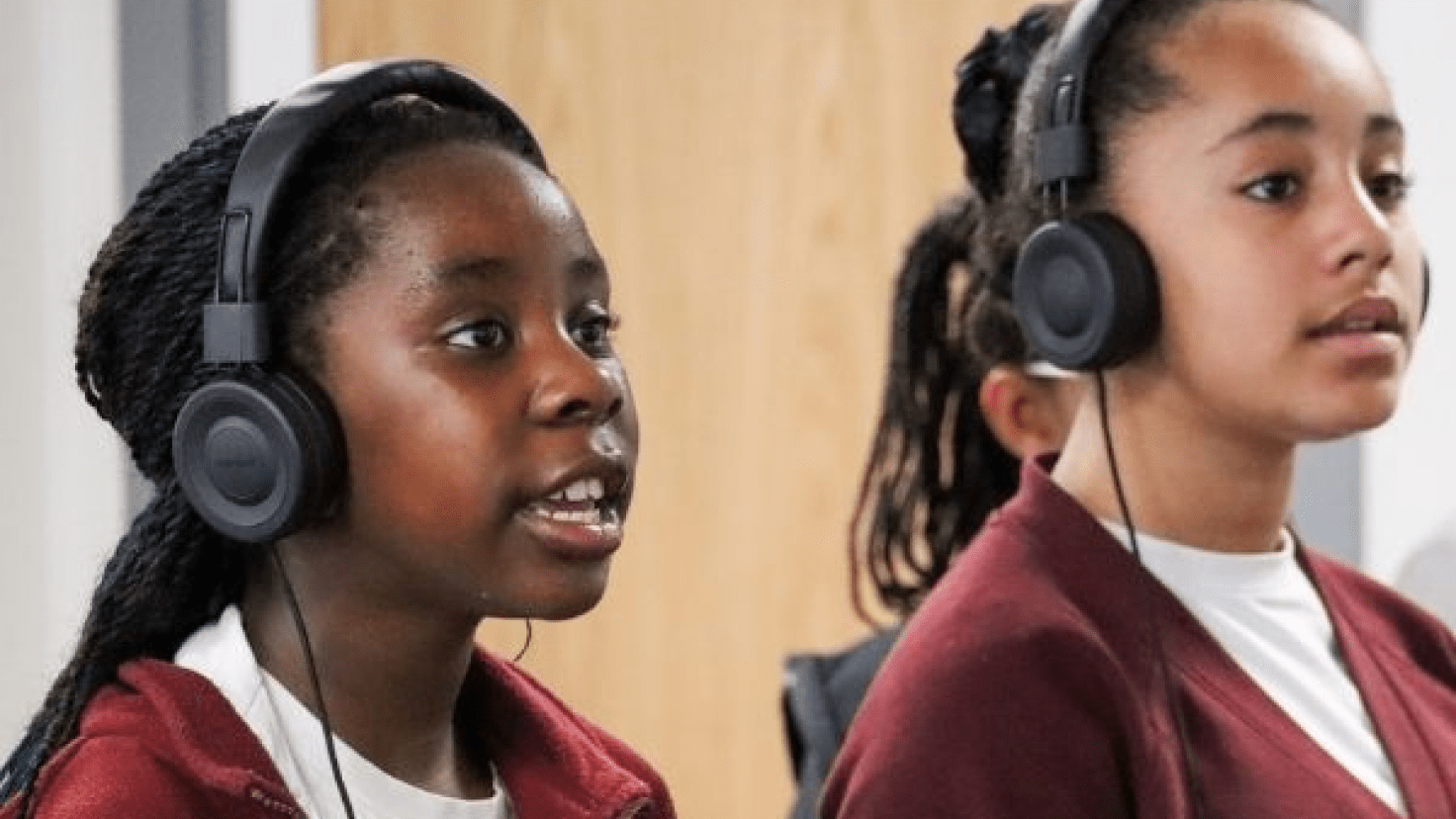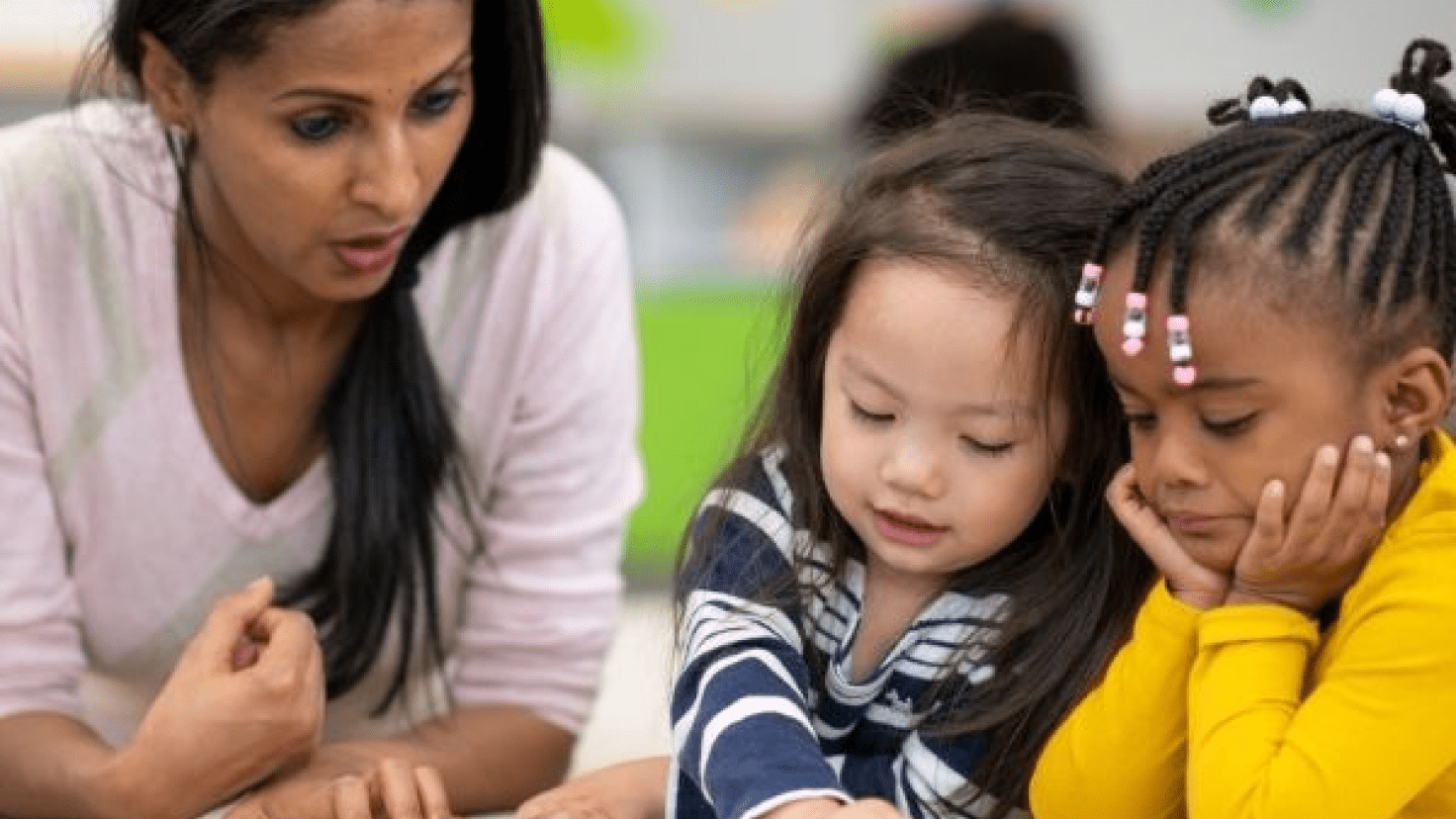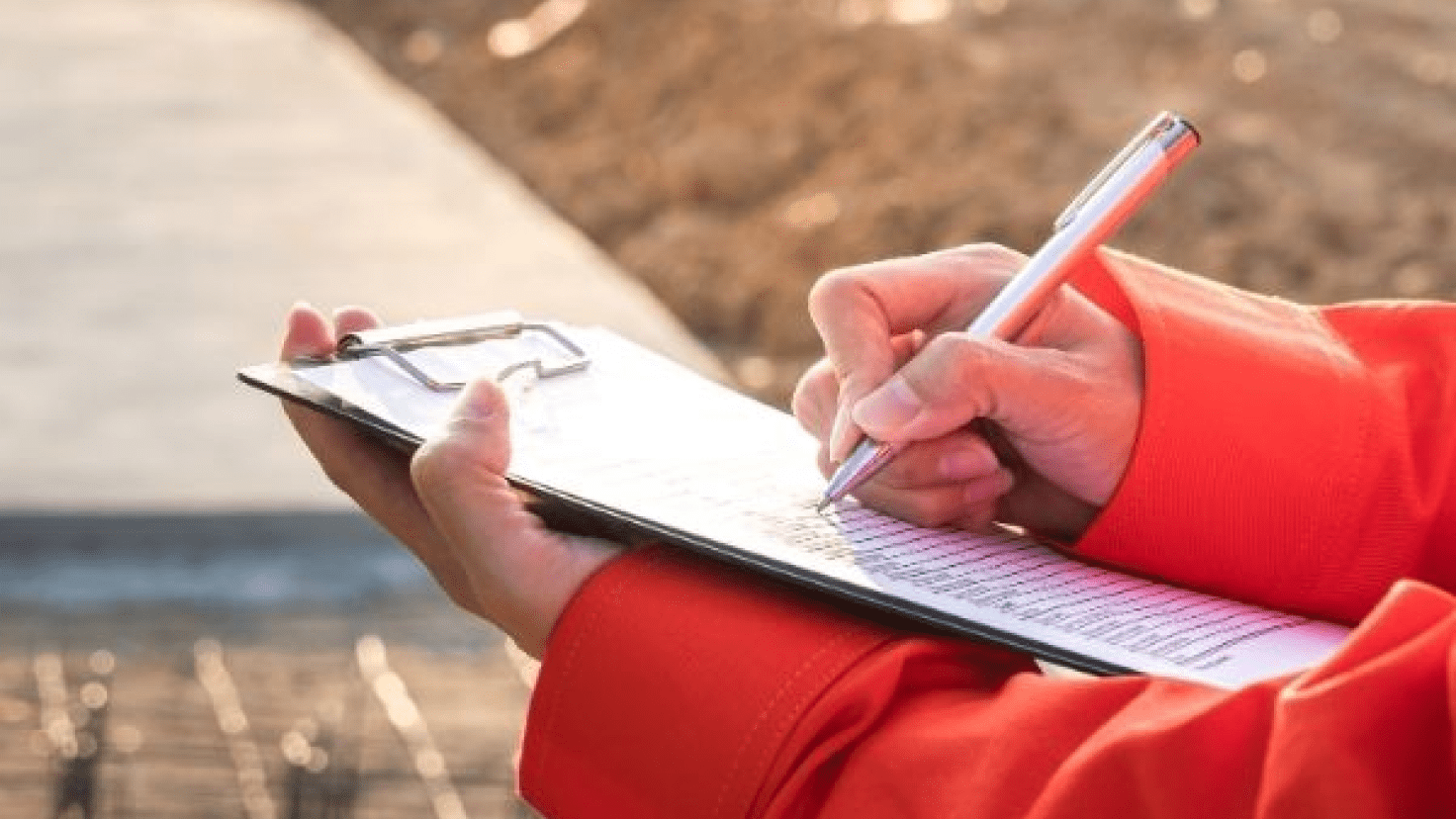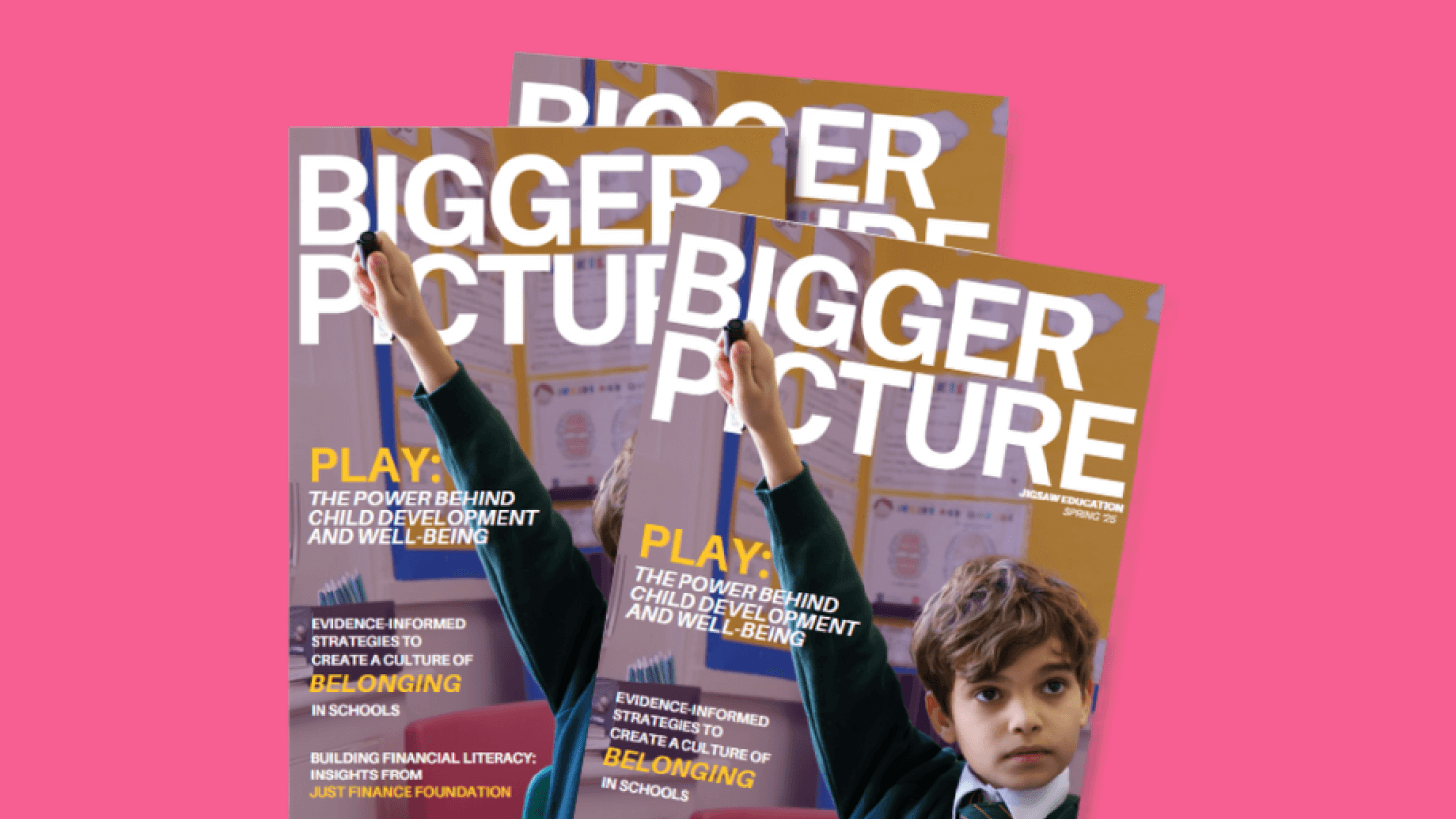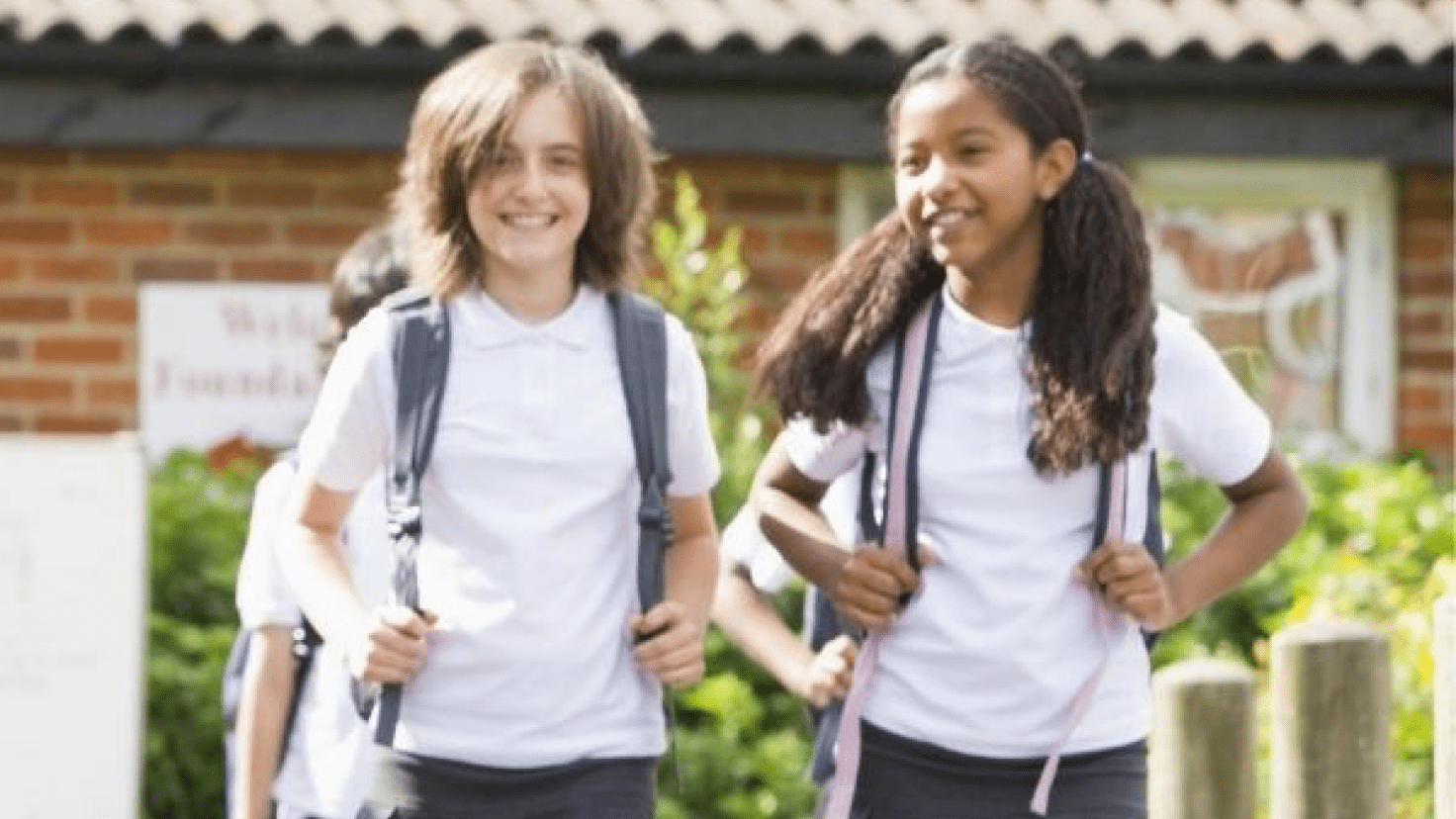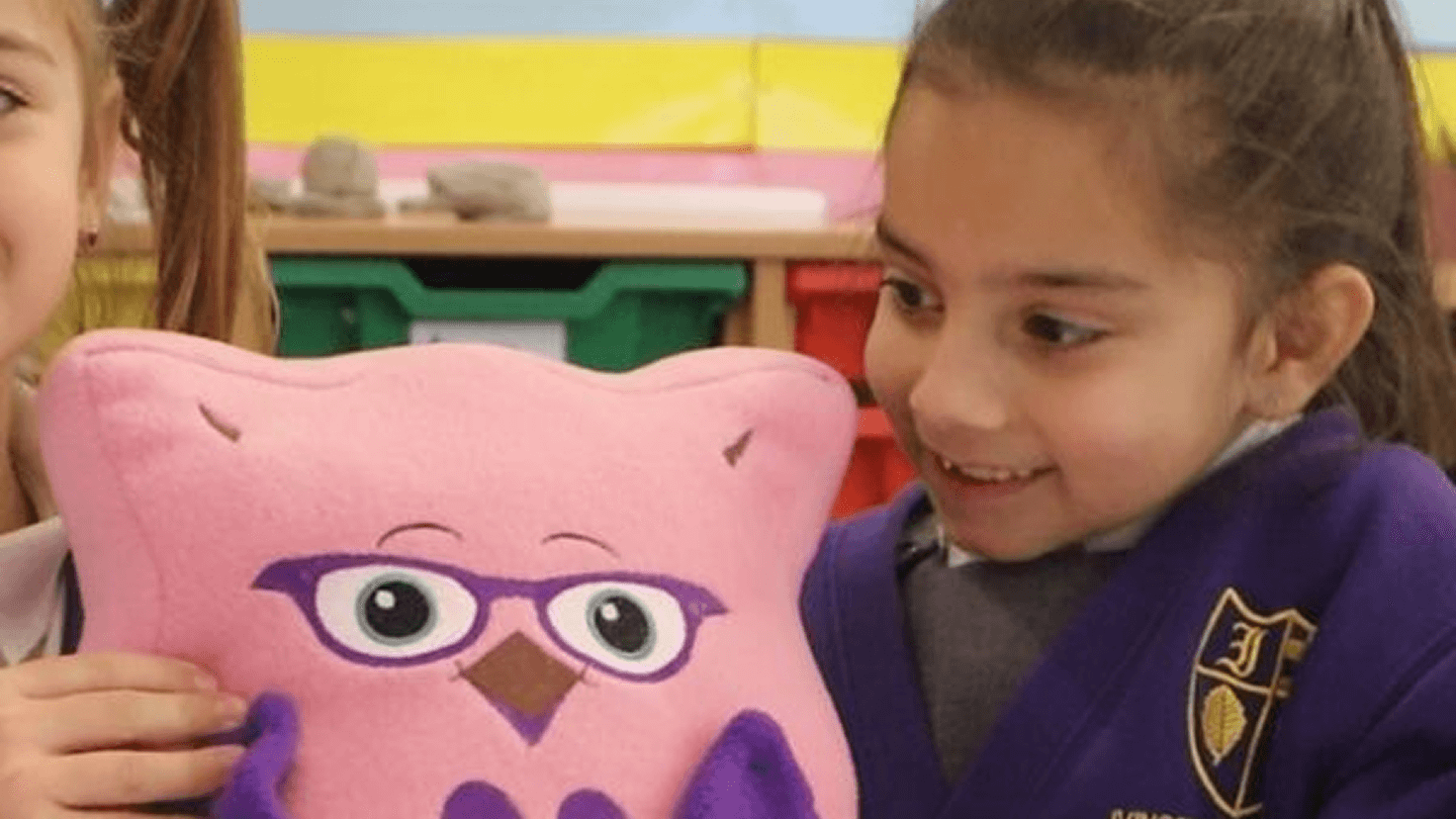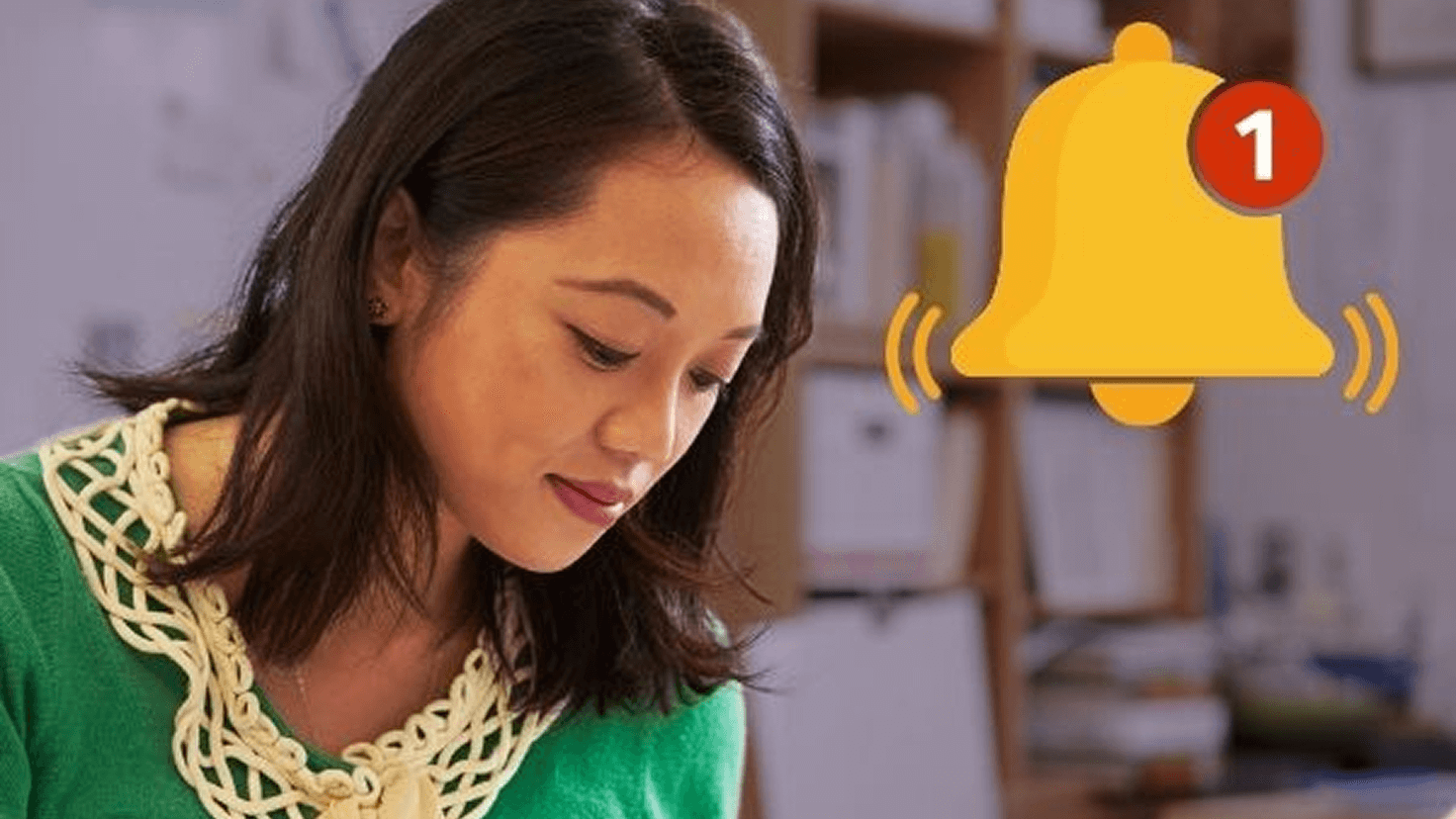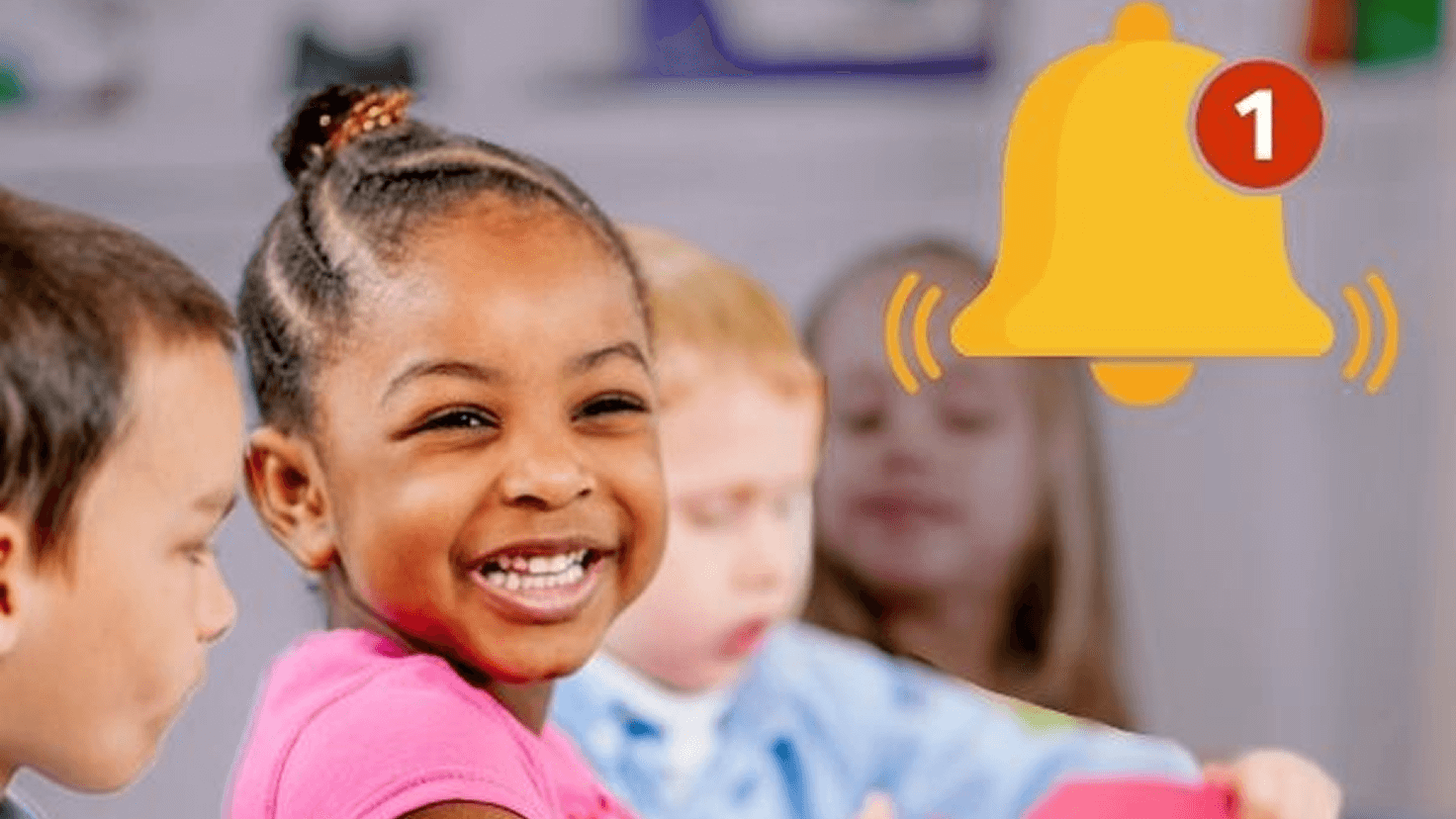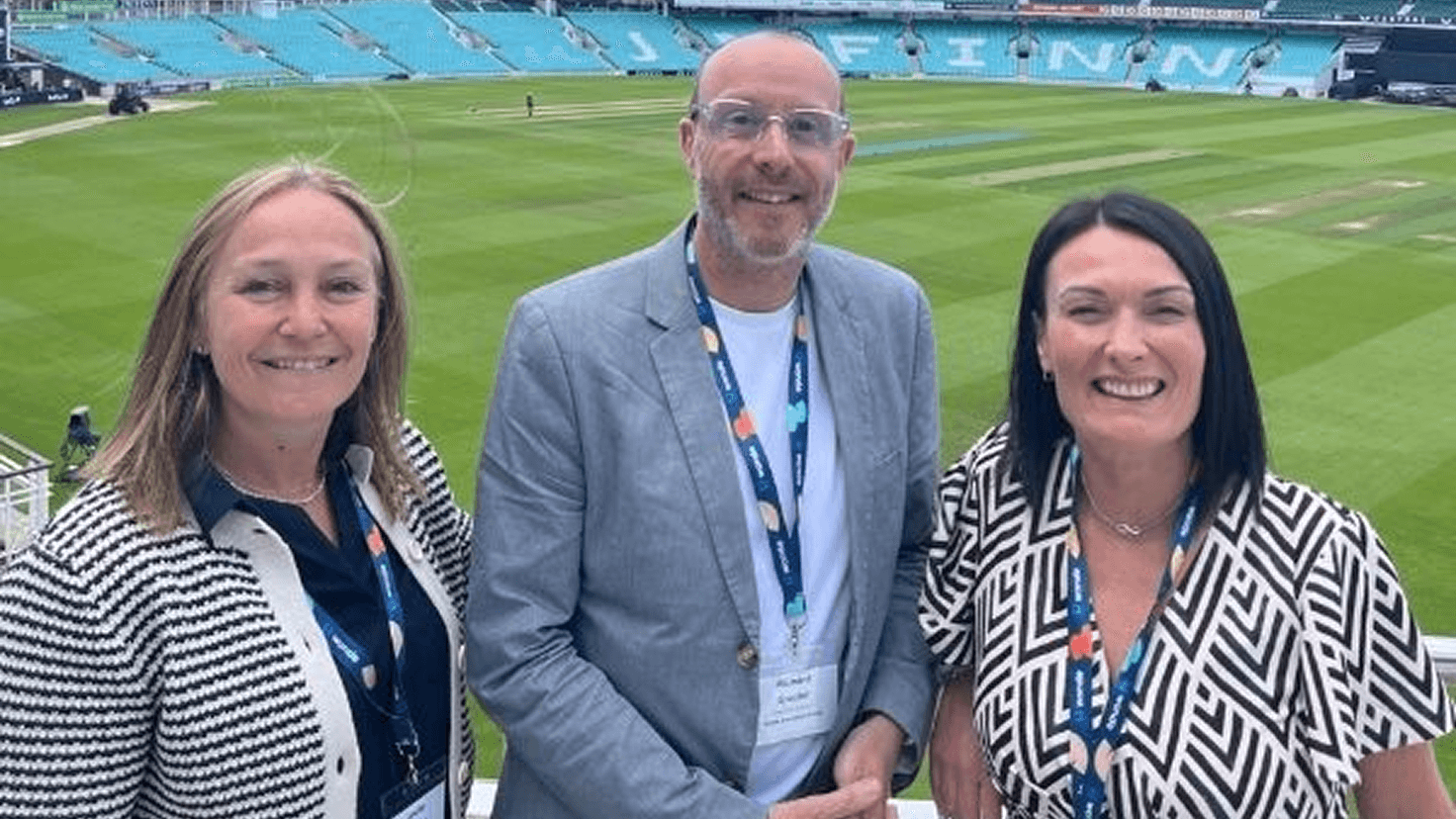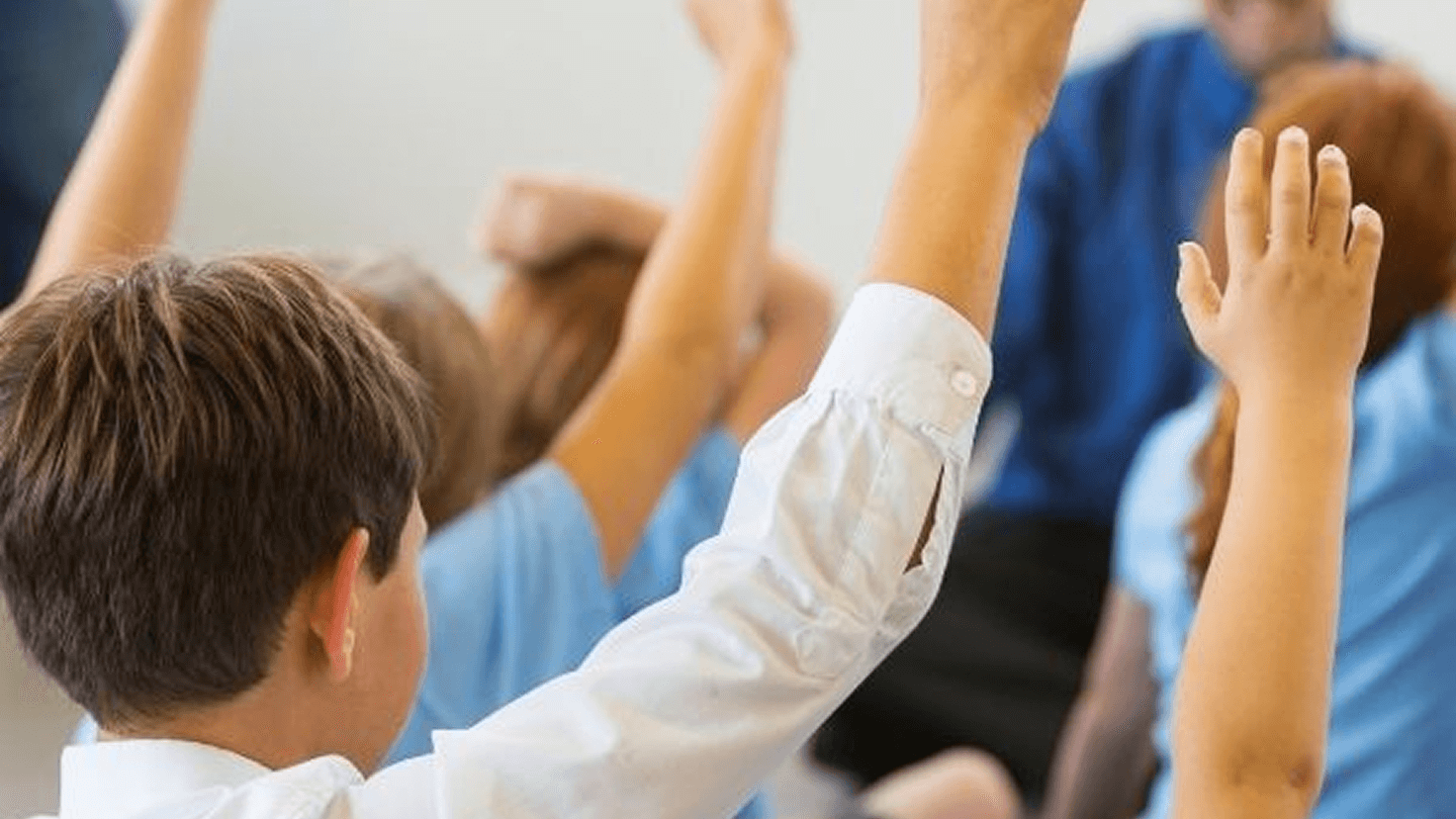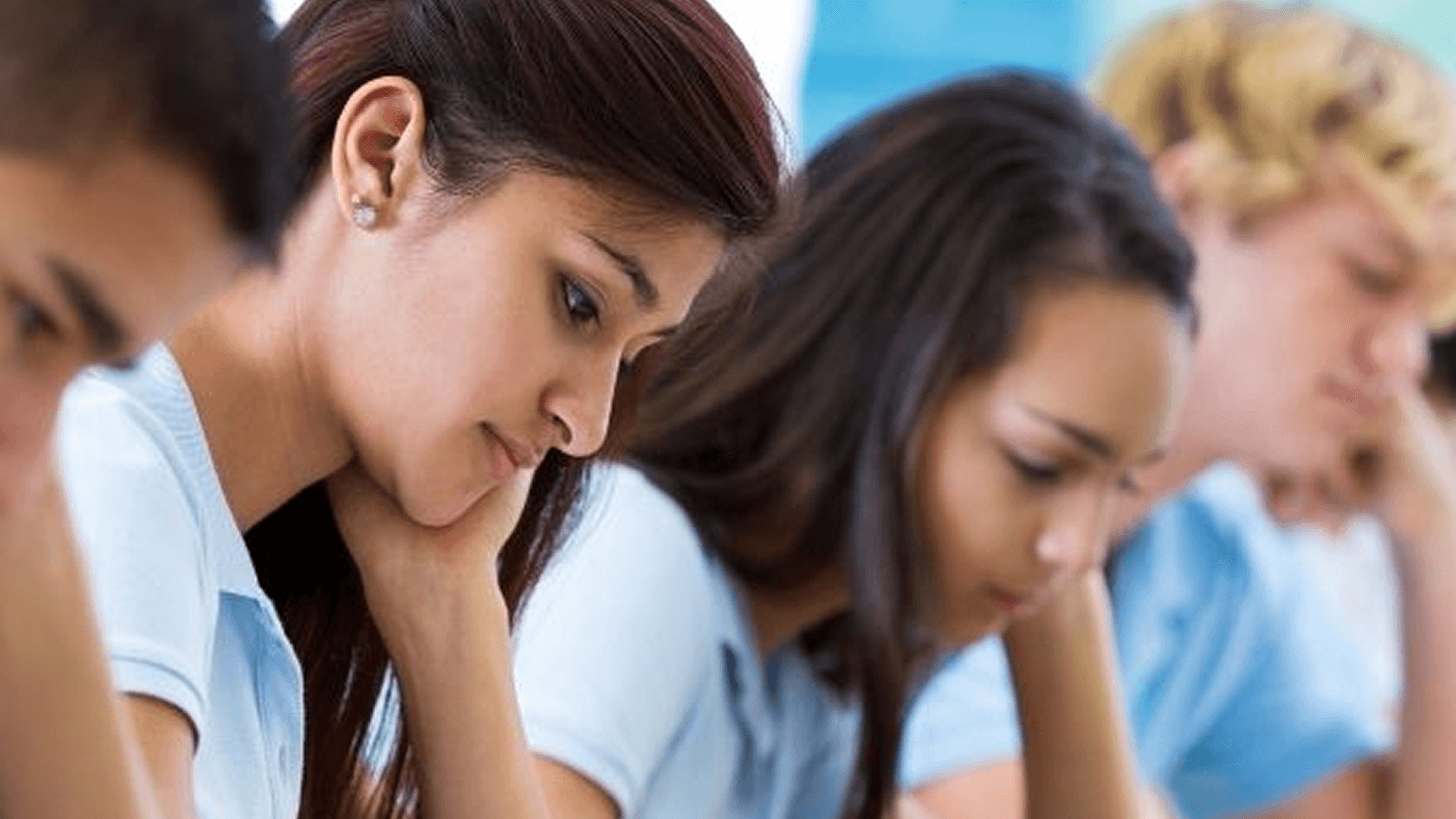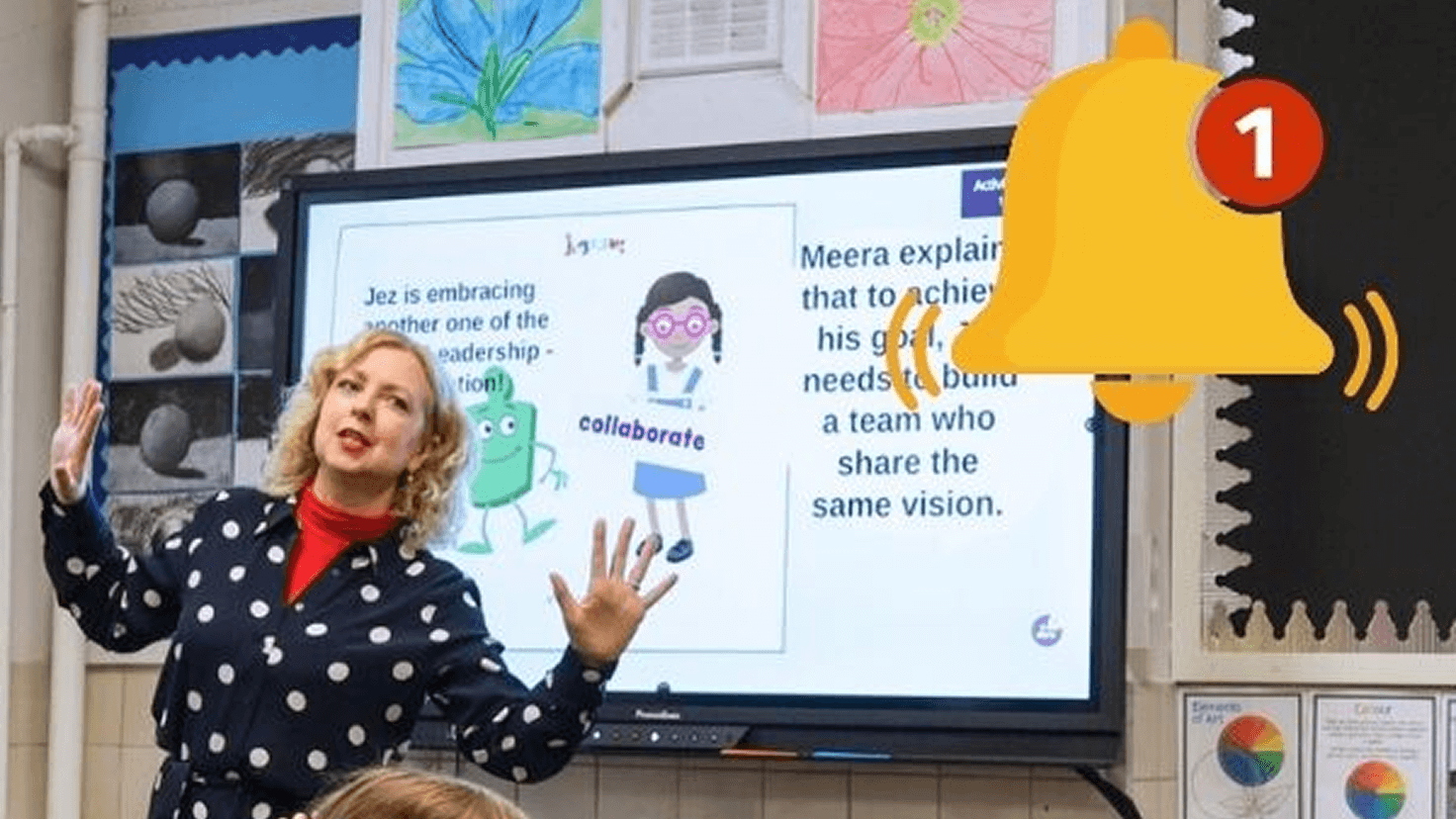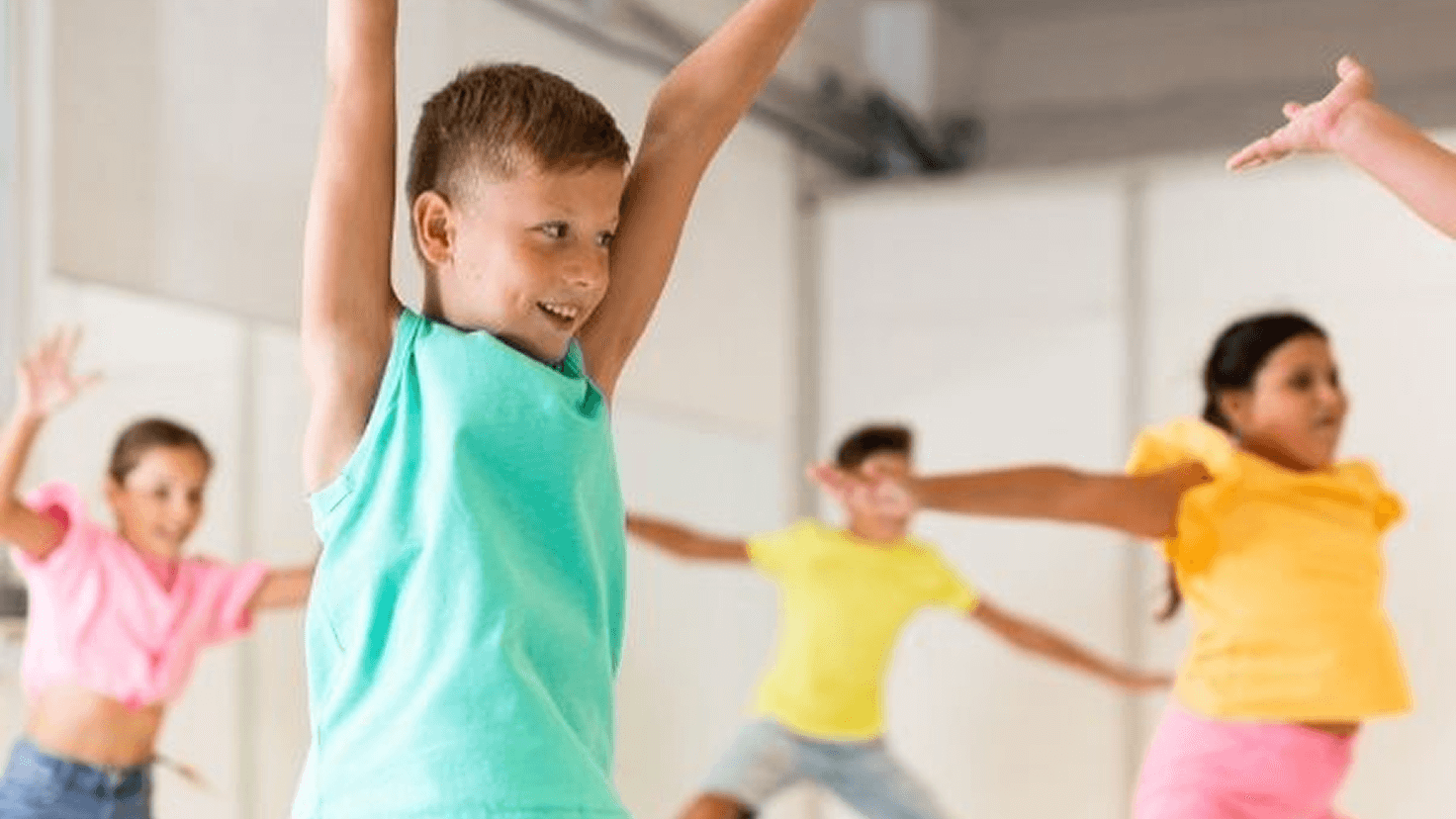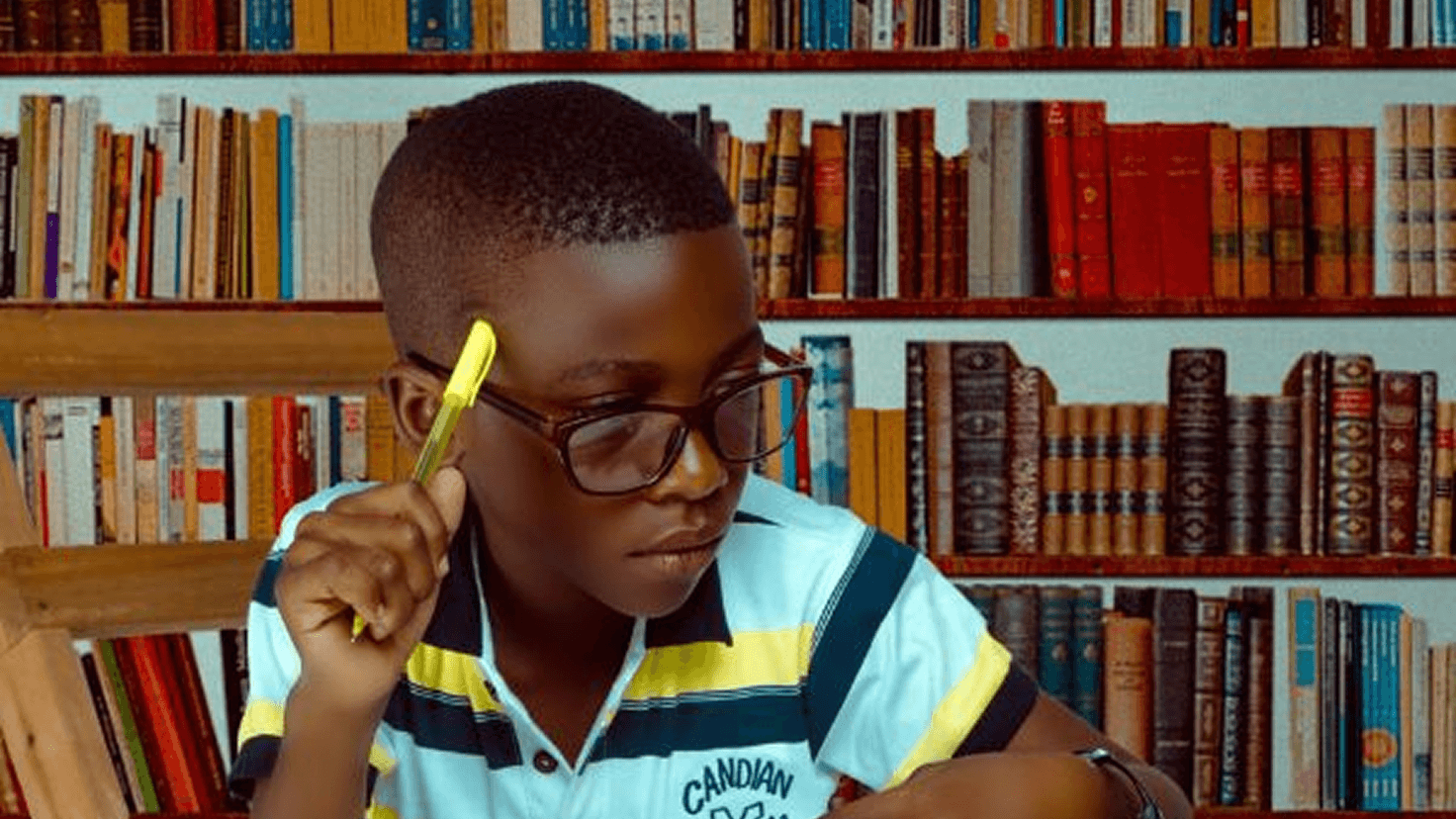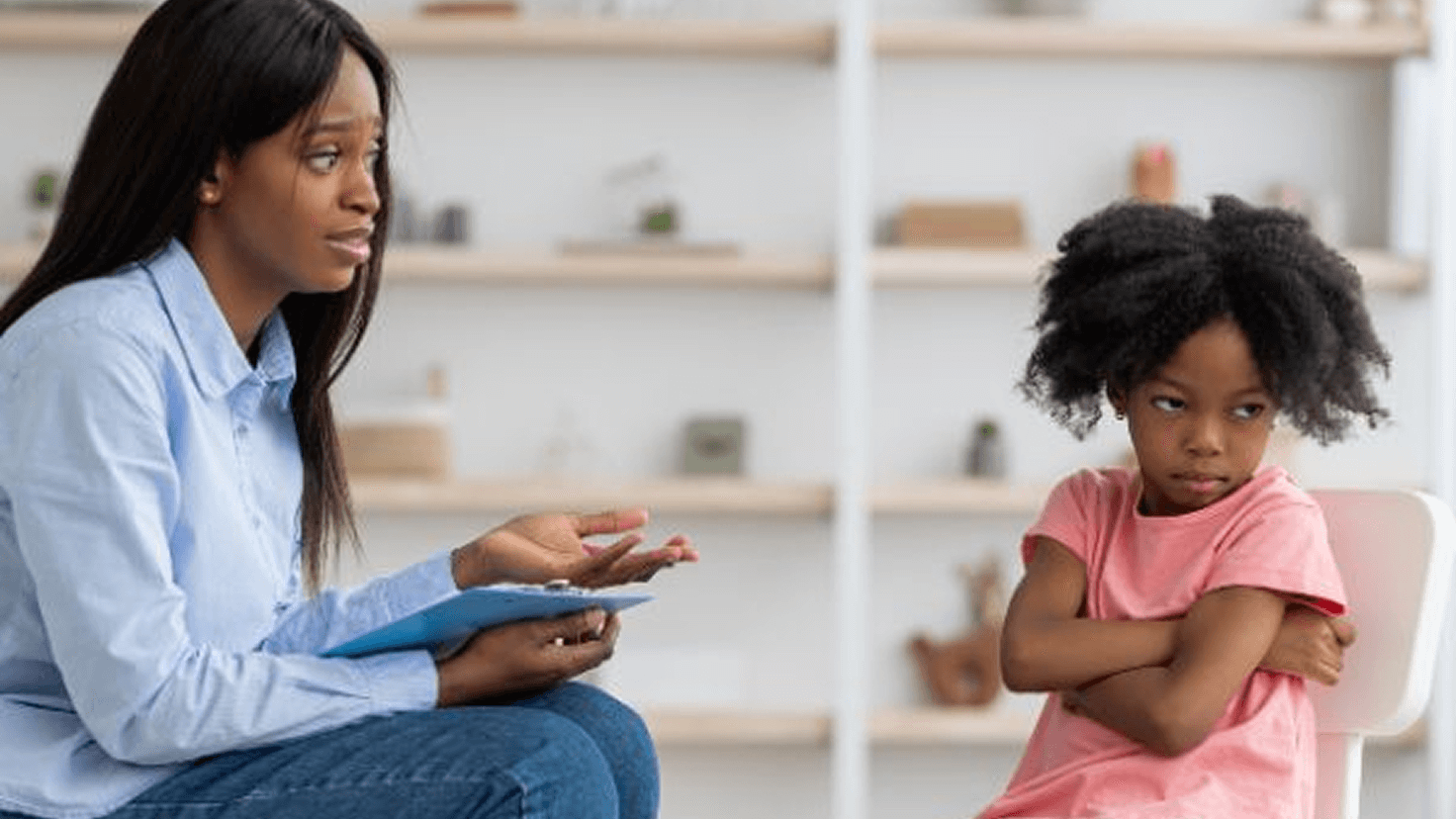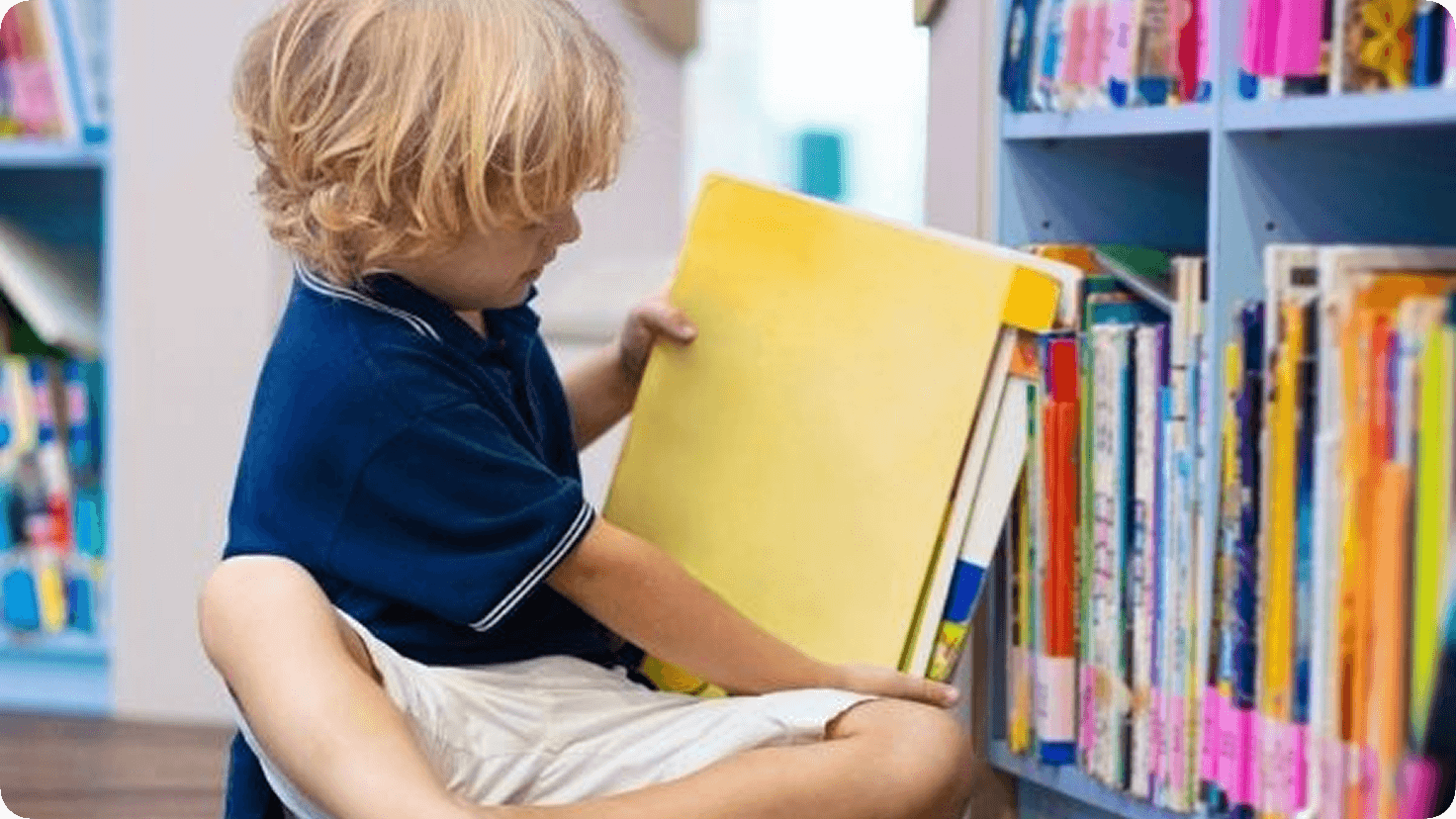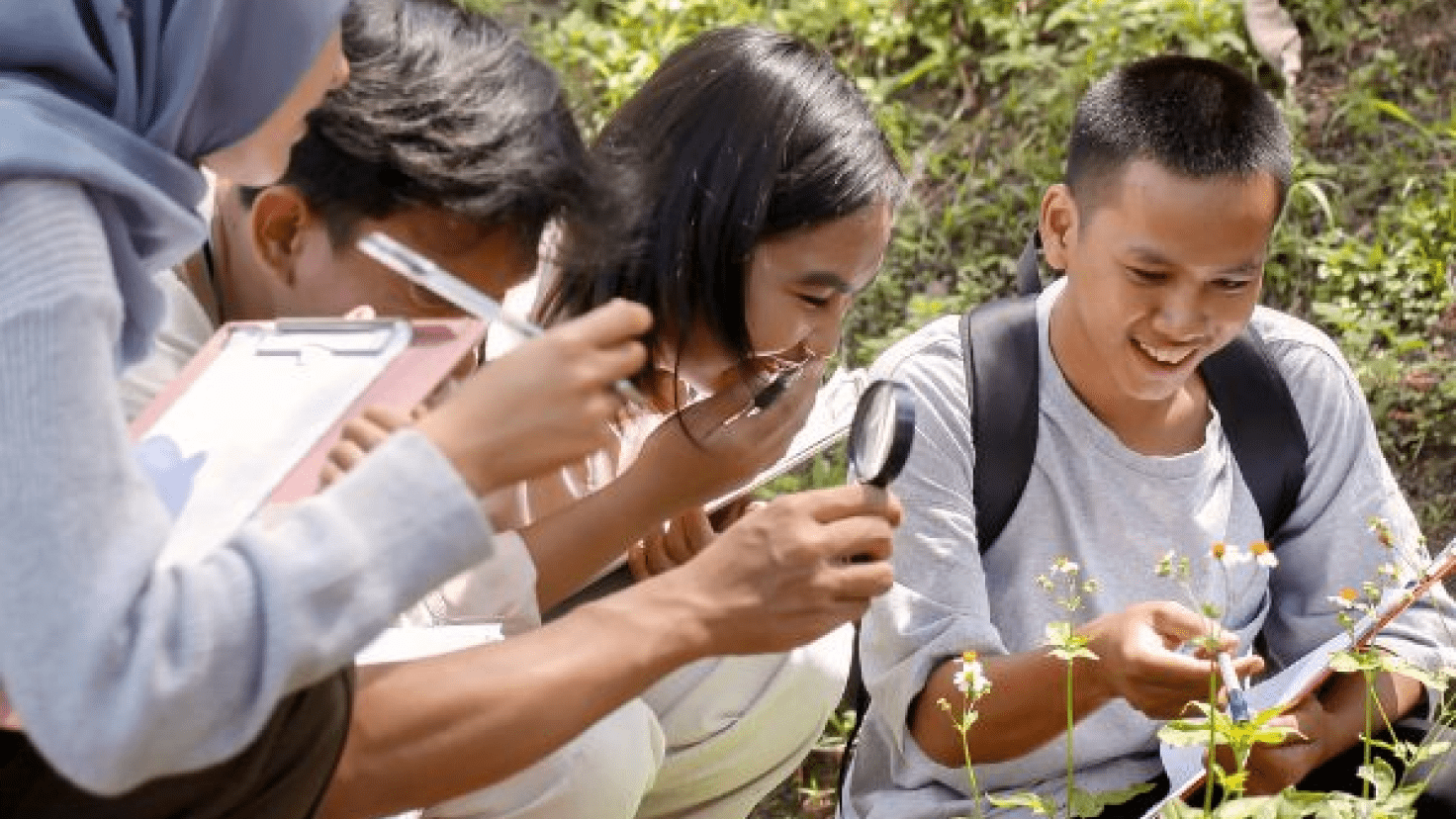Articles & Updates
16 September 2025
Beyond the Headlines – Why Our Children Need Safe Spaces for Complex Conversations

In our hyper-connected world, children are constantly bombarded with news, opinions, and debates through snippets on social media, overheard conversations, and breaking news alerts. Yet despite this constant exposure to complex issues, we’re often failing to give young people the time, skills, and safe spaces they need to process what these events mean and how they connect to their understanding of the world.
The Simplification Trap
It’s natural for young people to simplify complex issues – they don’t yet have the life experience and understanding that comes with age. But here’s what worries me: in our busy world, even as adults and parents, we often don’t make time to sit down and have those deeper discussions that help unpick these simplifications.
I was recently pleased to hear that my teenager had discussed a current news event in school in a supported way. But listening to what they’d taken from that discussion, my initial parental reaction was to want to correct some of the oversimplifications. I had to hold myself back and think about how to explore these nuances together without implying their understanding was ‘wrong’ – recognising that complexities would have been flattened in the process of making the topic accessible and in the boundaries of their life experience.
This highlights a fundamental challenge we face: how do we help young people navigate an increasingly complex world without oversimplifying it to the point where mutual understanding and empathy for others is lost?
The Risk of Quick Judgements
When we don’t take time to explore complexity, it can become easier to make quick judgements about individuals, about who is more or less deserving of our sympathy, about whose voices should be heard and whose should be silenced.
It can be a natural human reaction to frightening or alarming news to make these kinds of judgements – part of our fight or flight response that seeks to quickly categorise threat and safety. But we need the self-awareness, time and space to process this type of news and explore some of these feelings and ideas – both our own and others’. If we accept any level of violence or silencing because we disagree with someone’s views – even views we find abhorrent – we undermine the very foundations of free speech and respectful discourse that a diverse society depends upon.
Think back to previous challenging news stories. It’s understandable that we might find ourselves having immediate reactions about who deserves support and who doesn’t, based on limited information and our own experiences. Learning to hold complexity, to disagree respectfully, and to protect everyone’s right to voice their beliefs (within legal bounds) means we need to make sure that we make space in our crowded curriculum for opportunities for respectful and safe discussion in the classroom – for ALL our pupils, not just those who may already feel confident in voicing opinions and ideas. We need to develop not just speaking skills, but also listening and reflecting skills about our own and others’ views, ideas and experiences.
Schools: The Front Line of Democracy
This brings me to the heart of my reflection. As we review our PSHE materials in line with updated guidance, we’re mindful of challenging questions: How do we include difficult content whilst being mindful of not creating additional fear or trauma? How do we address these topics in age-appropriate ways that support rather than overwhelm?
The answer isn’t to avoid these discussions or to reduce everything to simple facts and figures. Children need more than knowledge – they need skills for discussion, emotional support, and the ability to explore different viewpoints safely.
We cannot start from university-level analysis of broad and difficult historical and social factors. We have to start from where children are, at the appropriate level. But – and this is crucial – we must also create space for growth, for questioning, for respectful disagreement.
What Does This Mean for Schools and Families?
We need to build and maintain space in our curricula to discuss these issues. The benefits go far beyond understanding current events – respectful dialogue skills support academic success as well as social cohesion.
As we continue to review and build our content to include challenging topics, we’re keeping this principle front and centre: our young people need to be able to discuss, process, and manage the onslaught of media they face daily. This isn’t just about protecting them – it’s about preparing them to contribute to respectful discourse in our society.
The work starts at home and in our schools. It starts with creating time – real time – for discussion. It starts with modelling how to disagree respectfully, how to listen to perspectives we might find uncomfortable, and how to hold complexity without rushing to judgement.
Our children deserve better than soundbites and oversimplifications. They deserve the skills, support, and safe spaces they need to become thoughtful, respectful citizens who can engage with difference constructively.
The question isn’t whether we have time for this work. In our current climate, we can’t afford not to make time for it.


